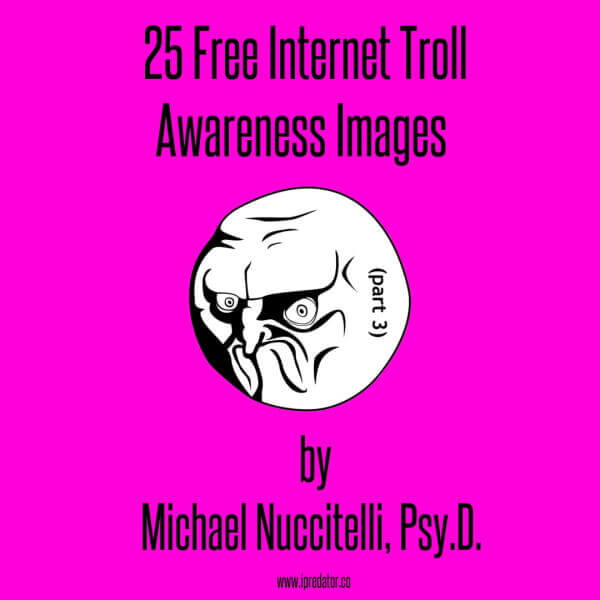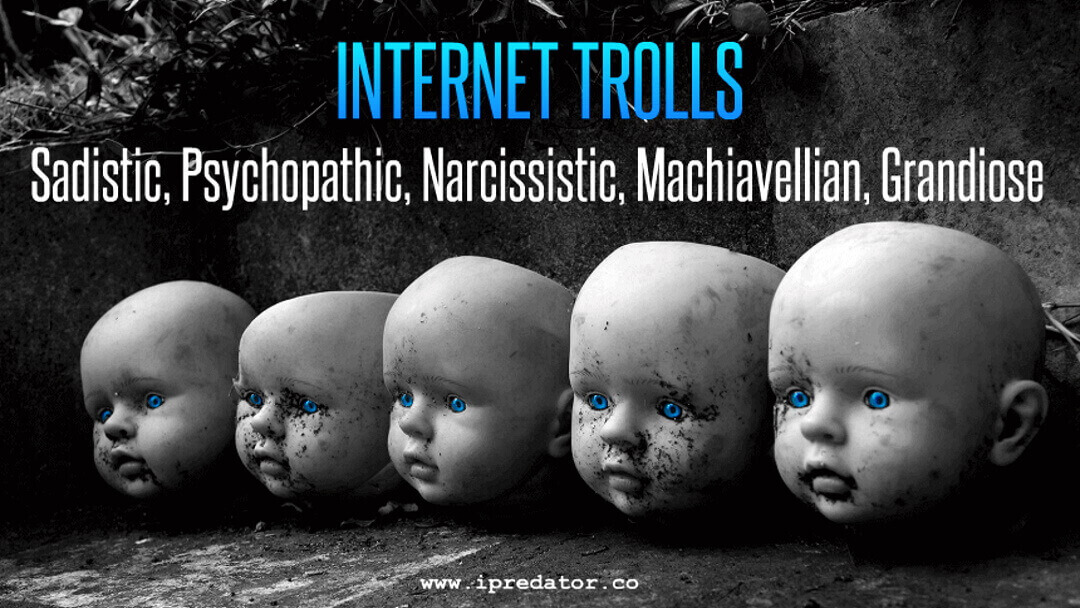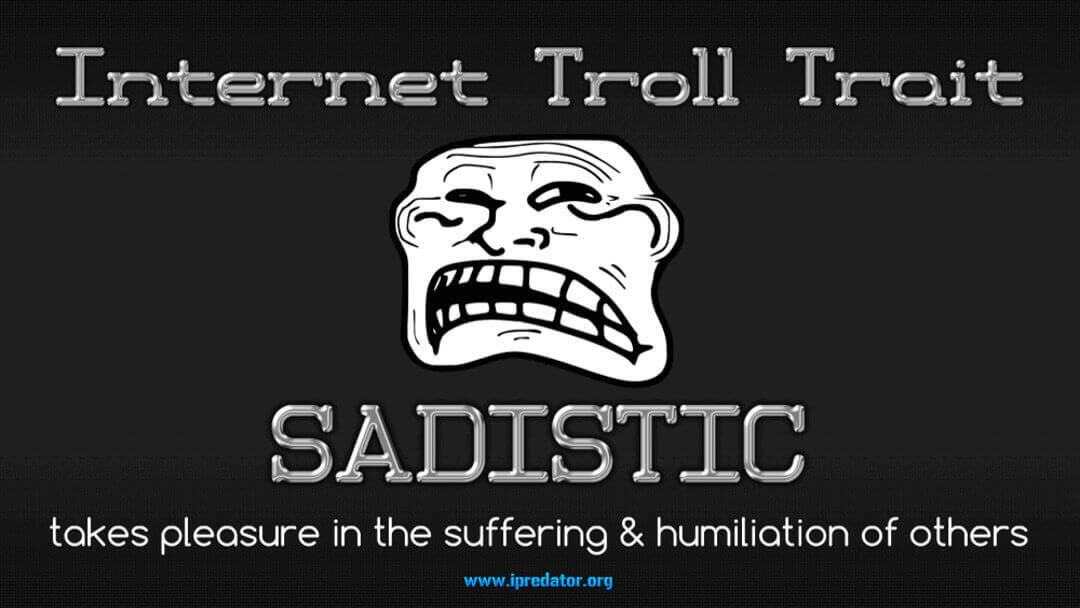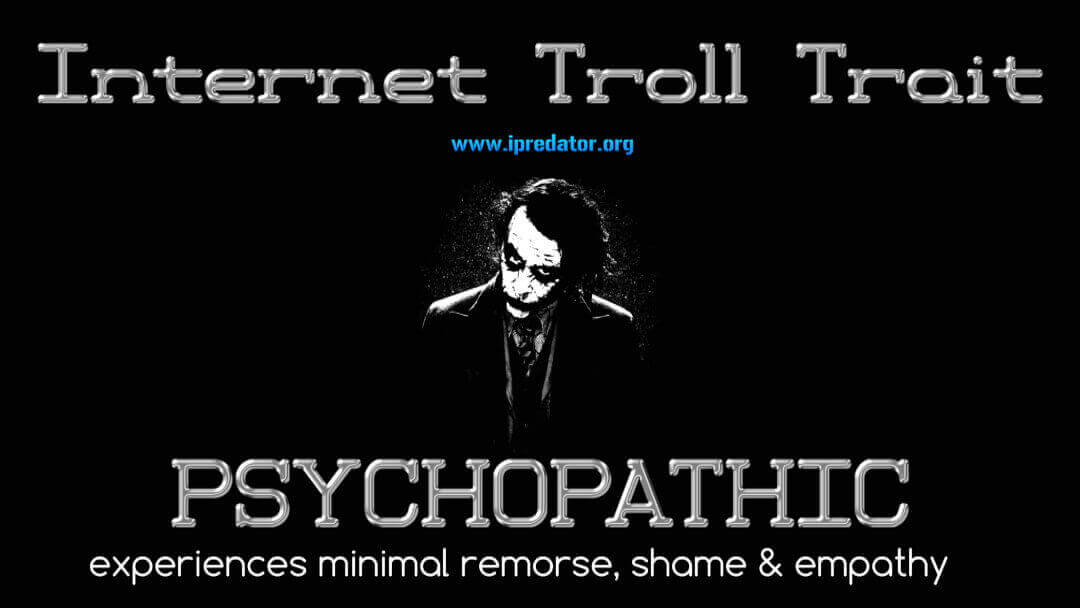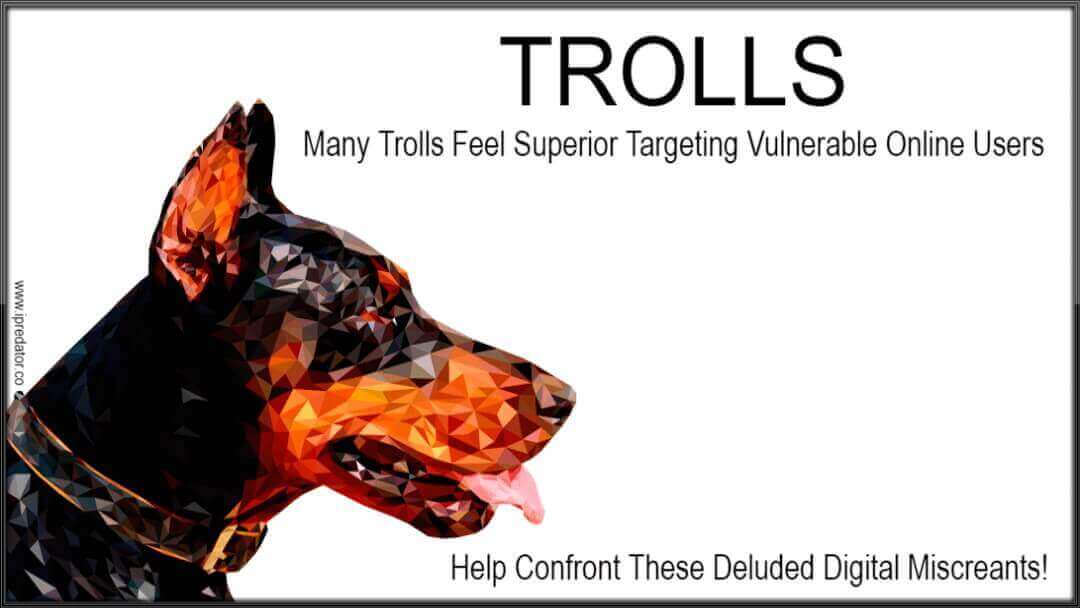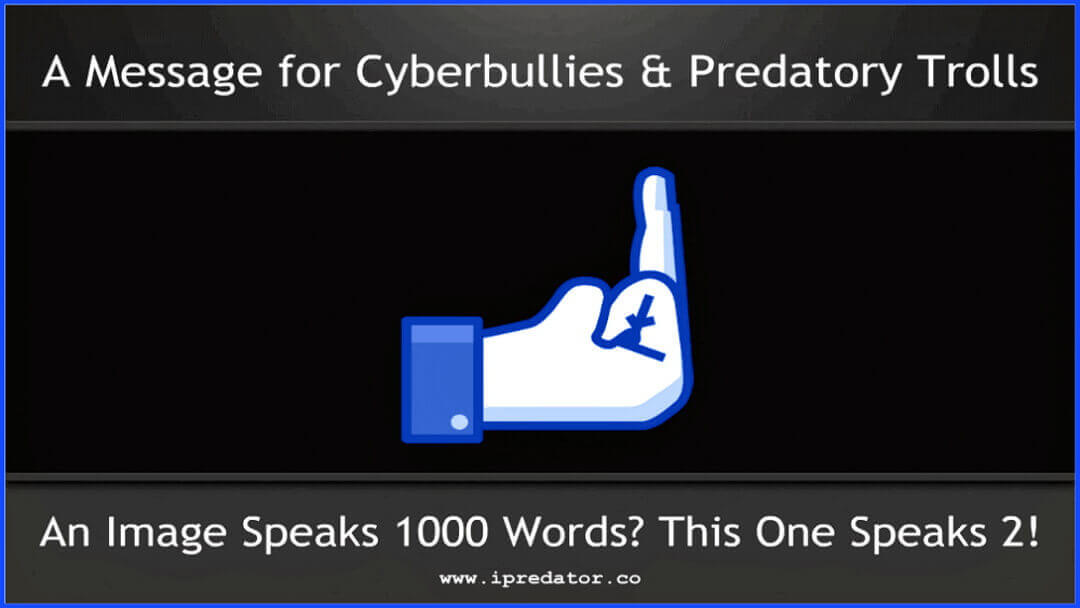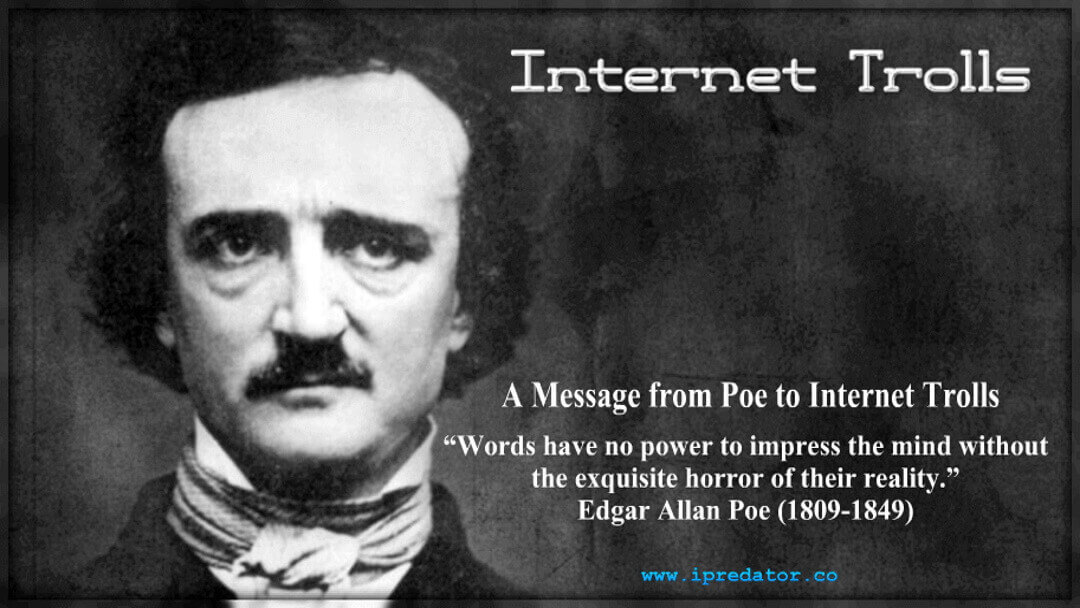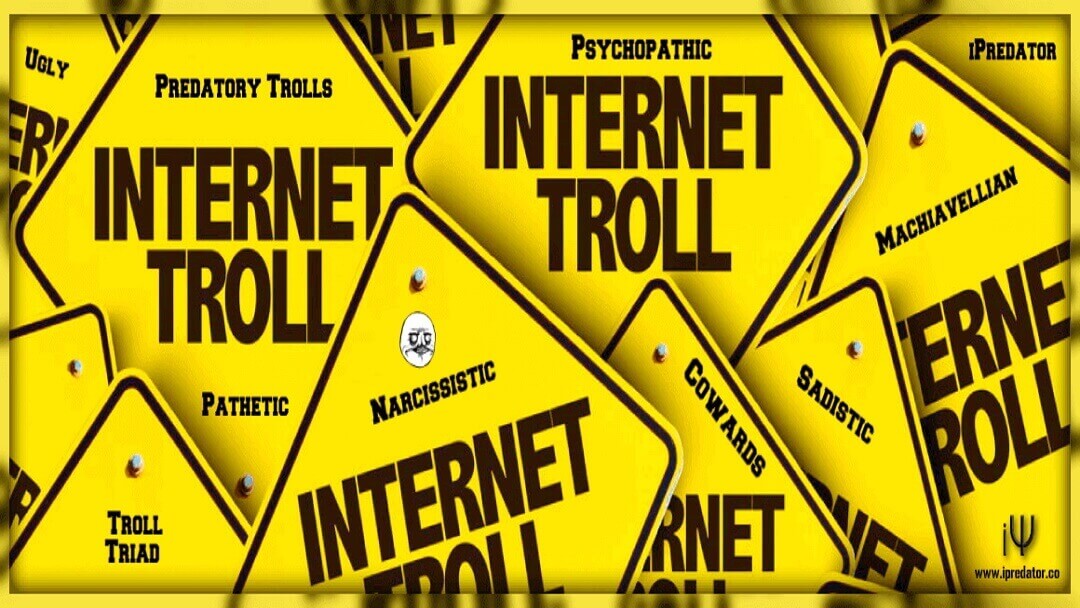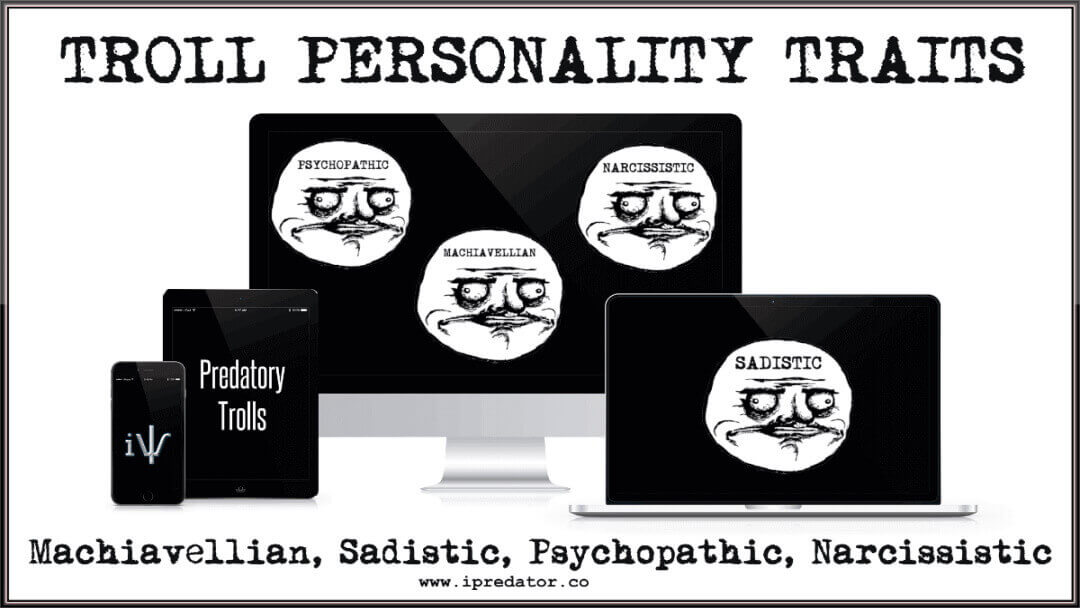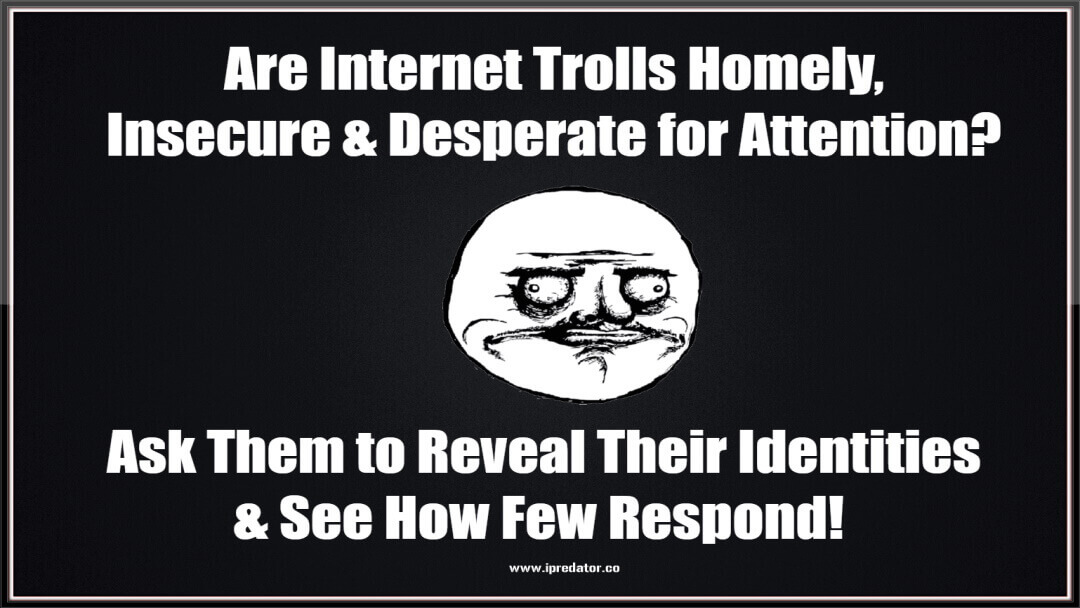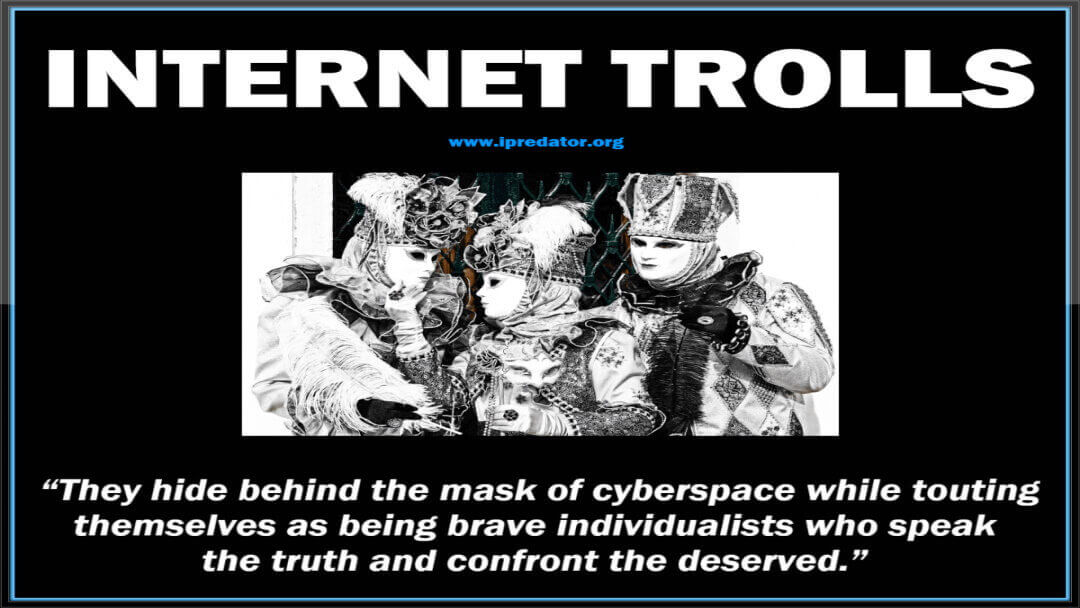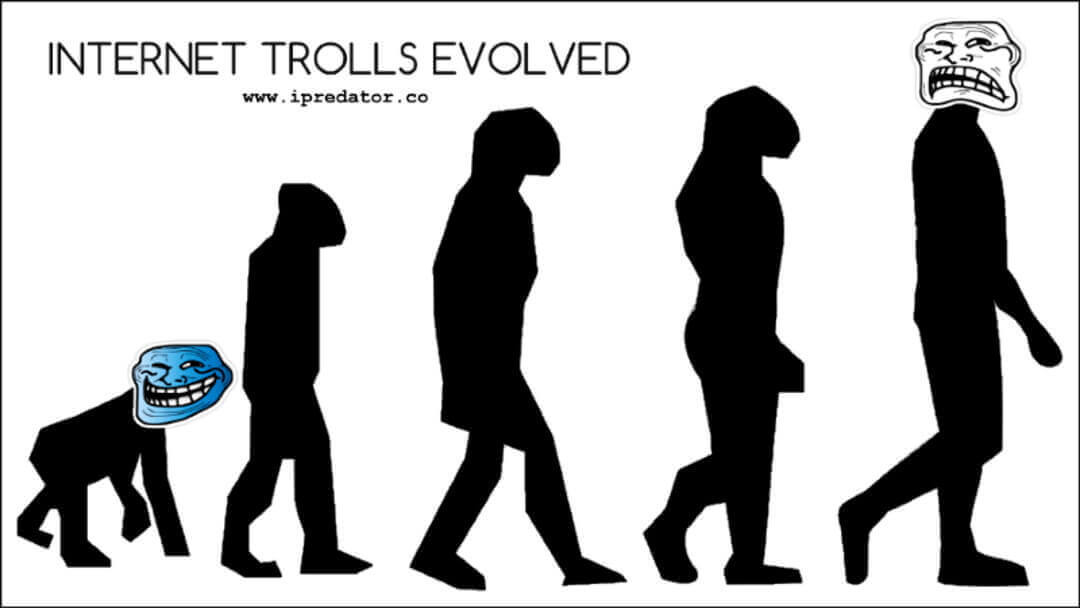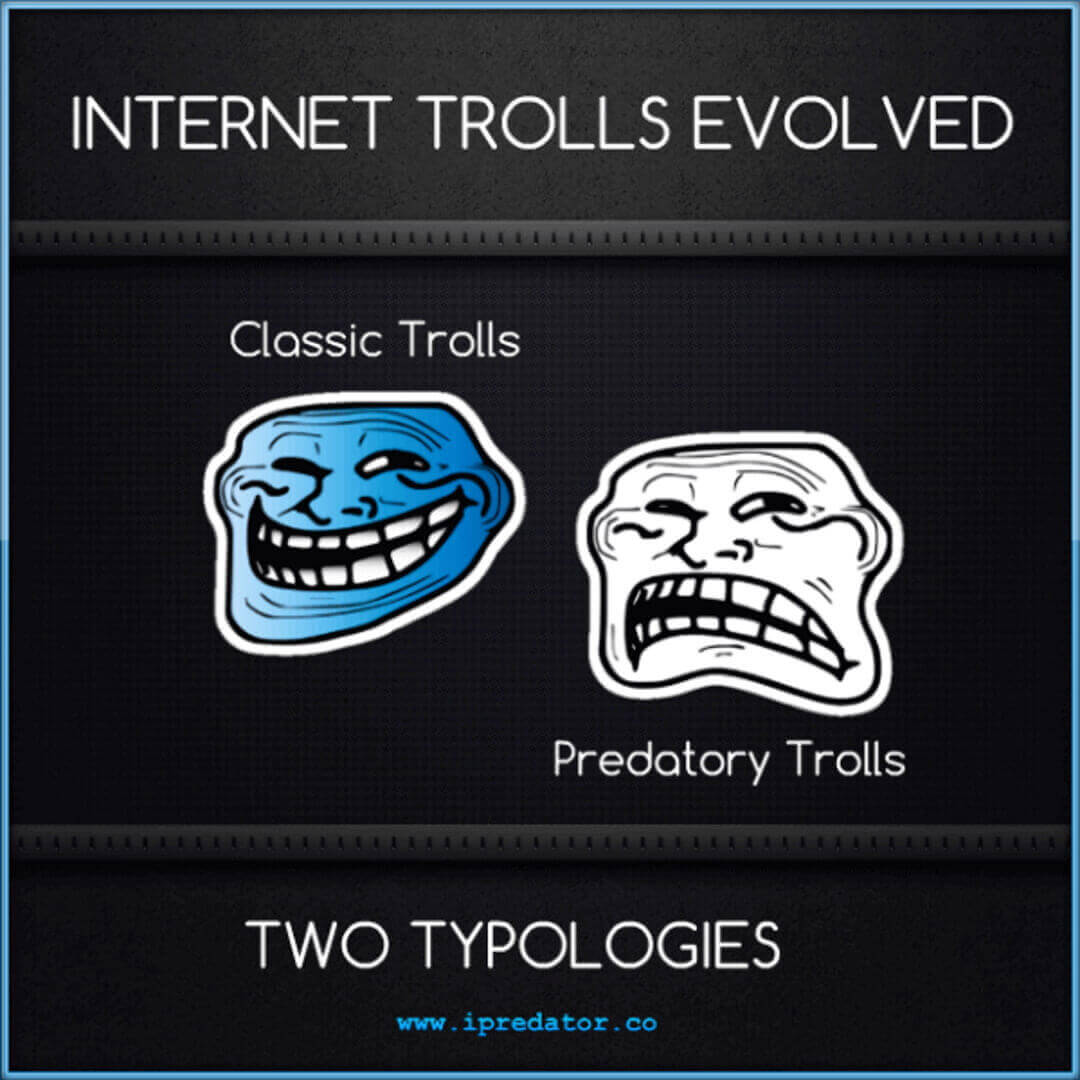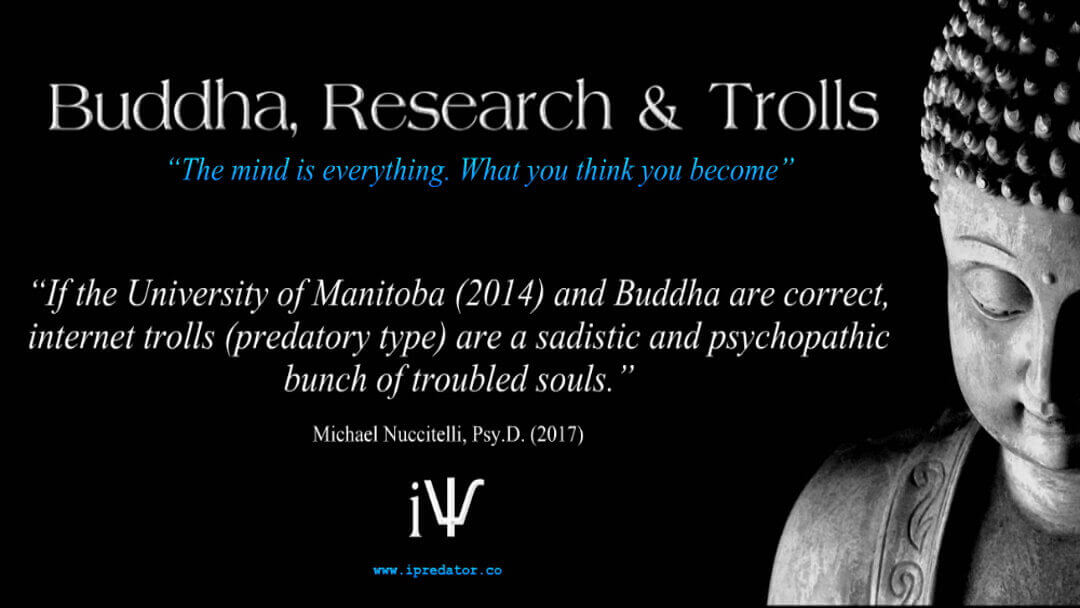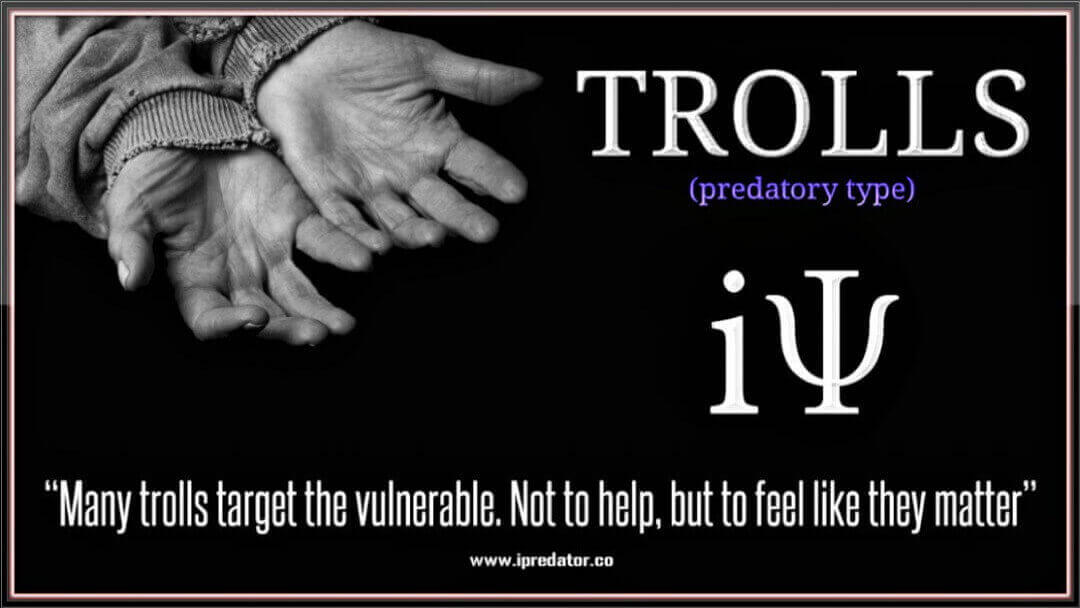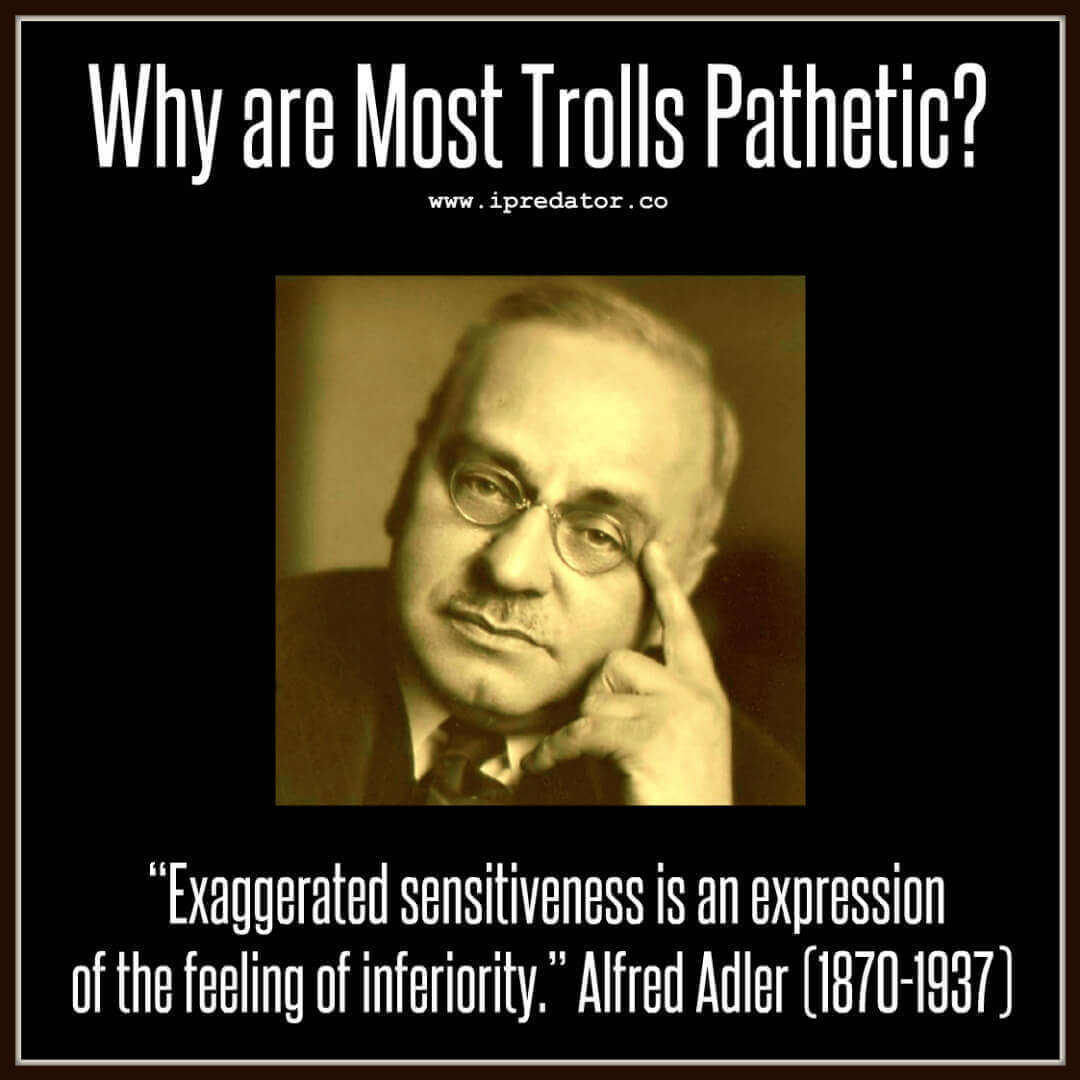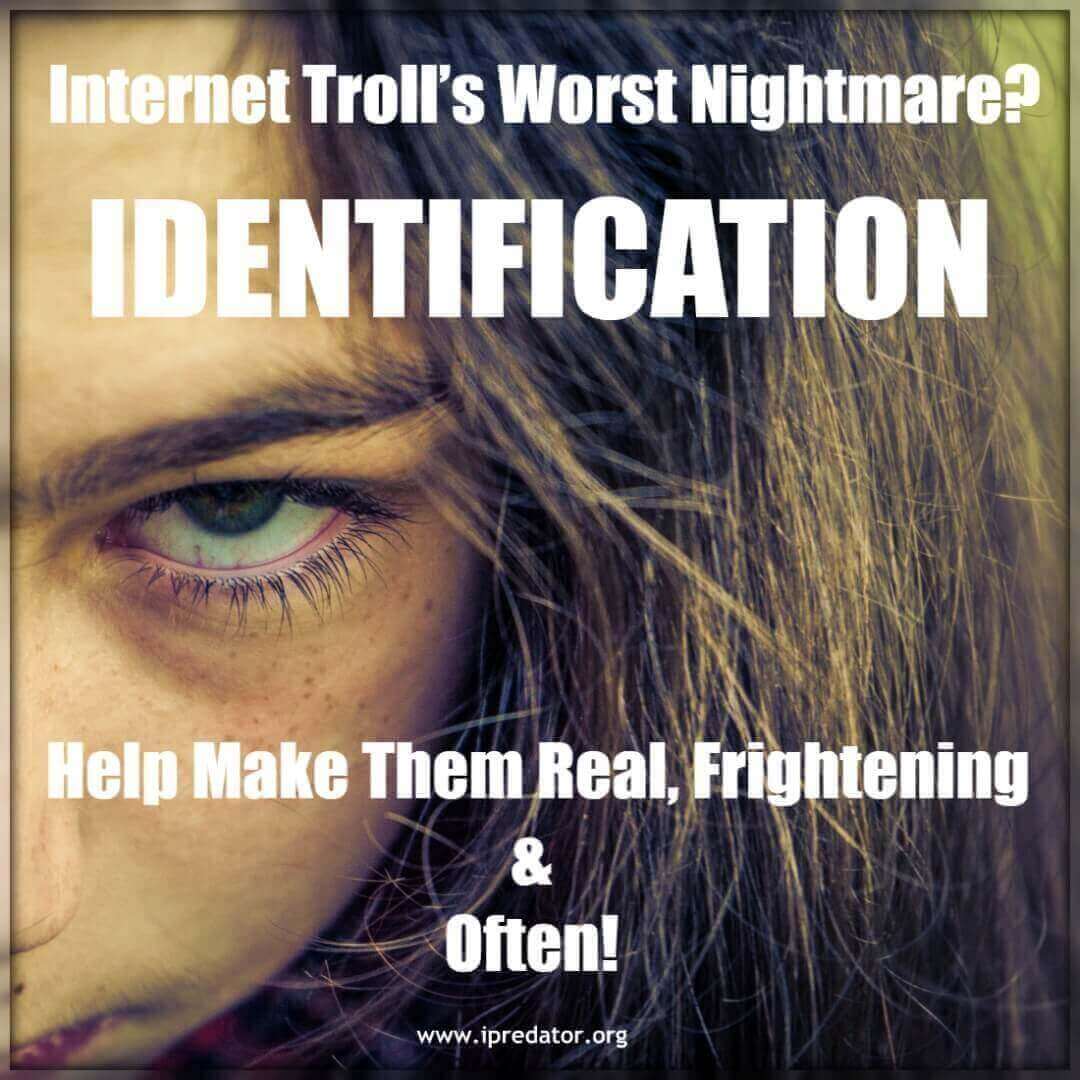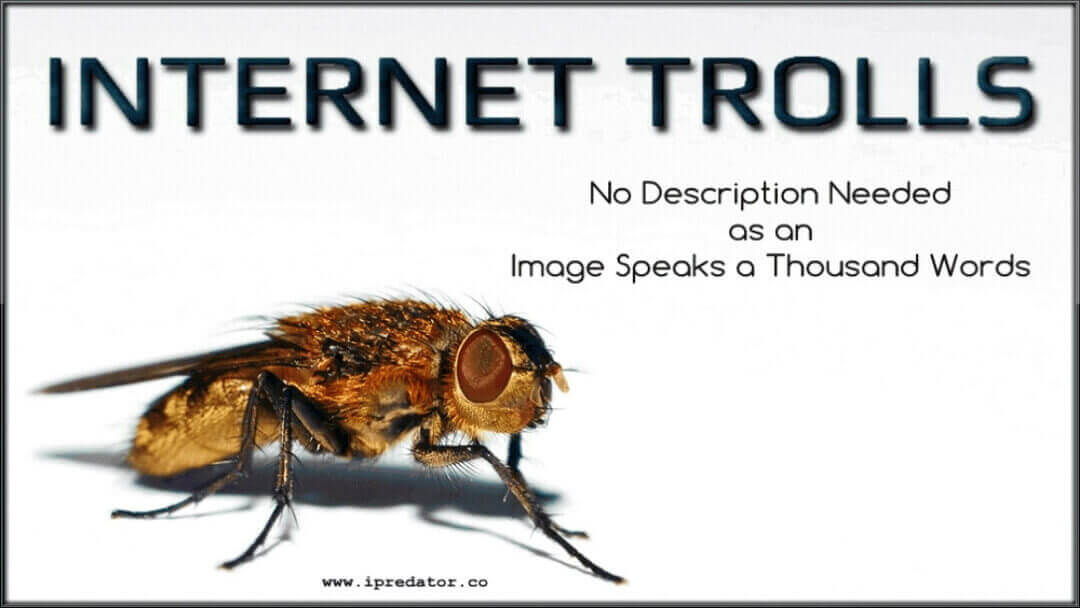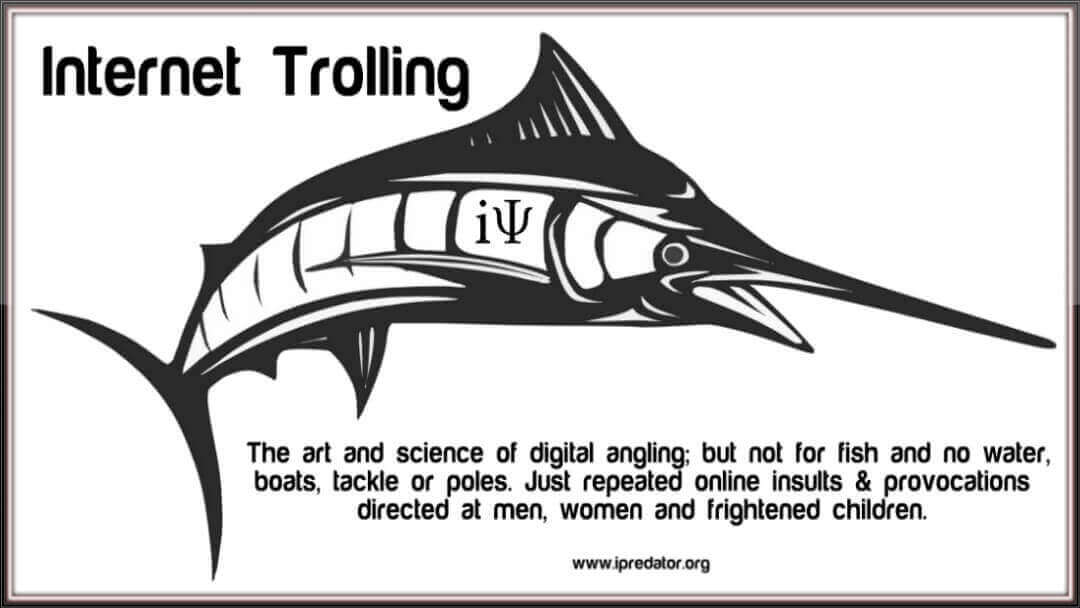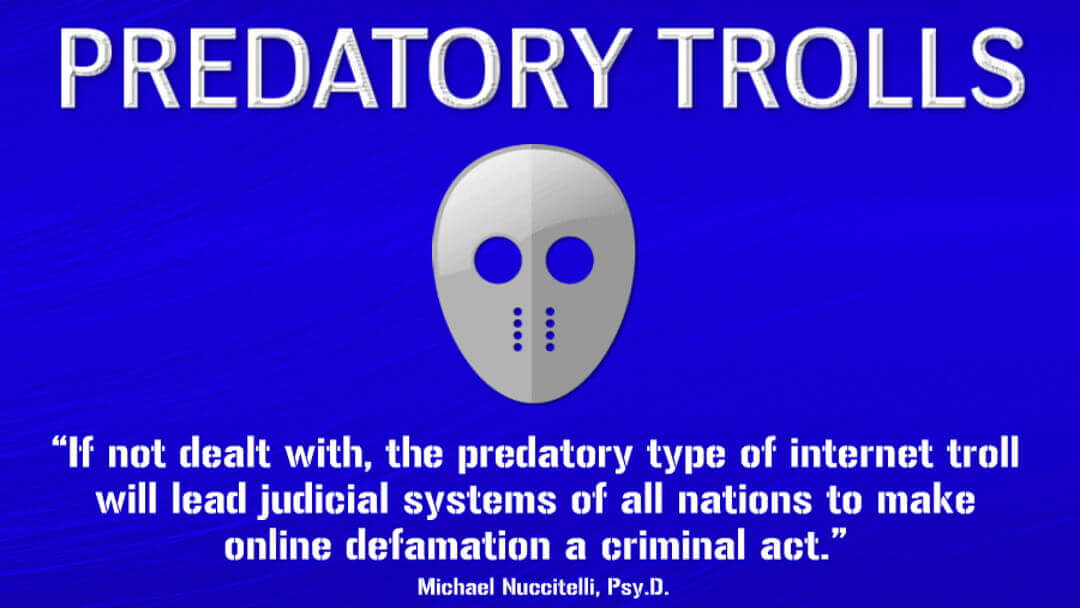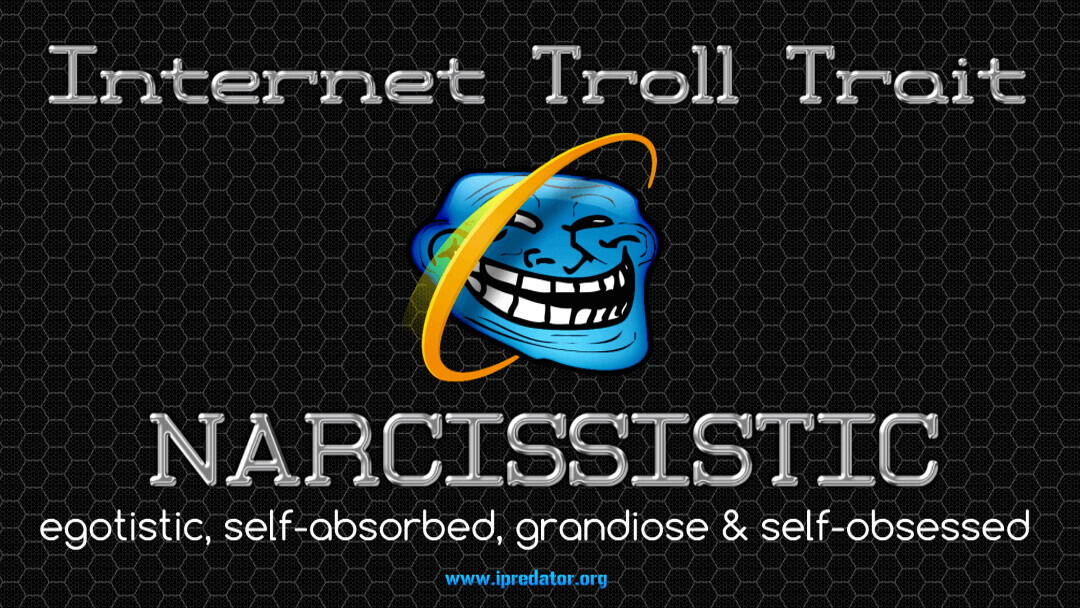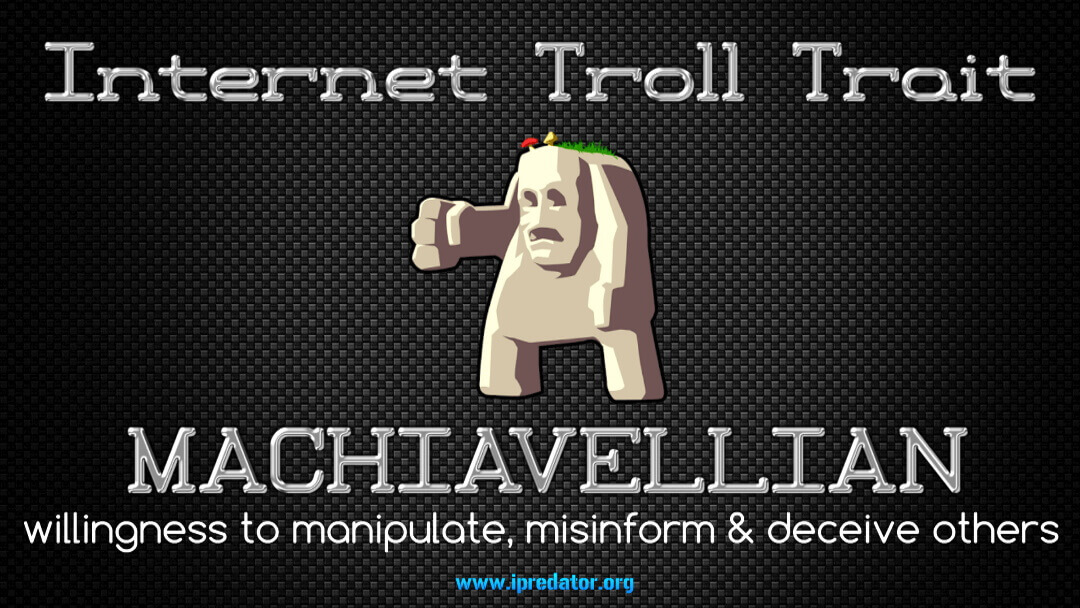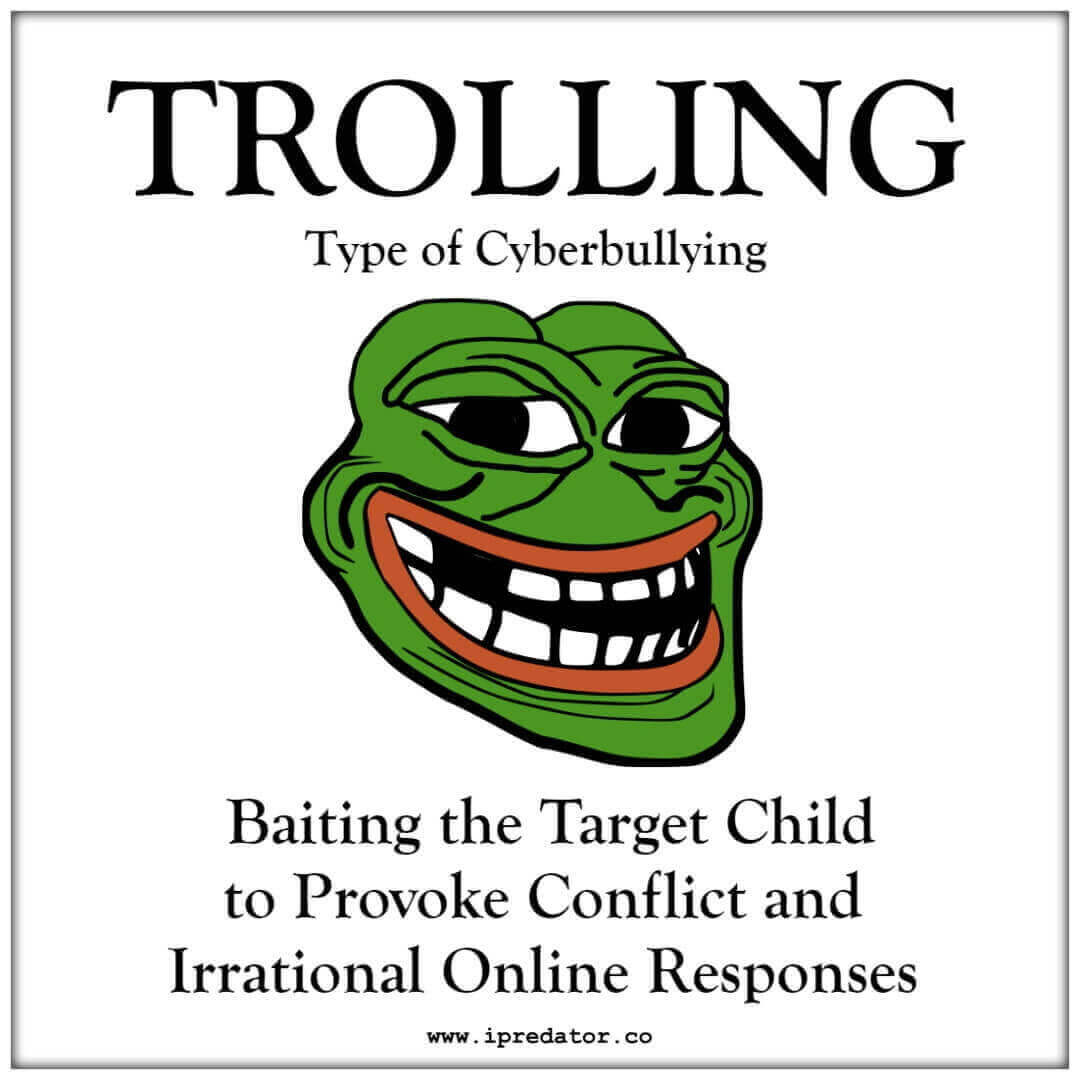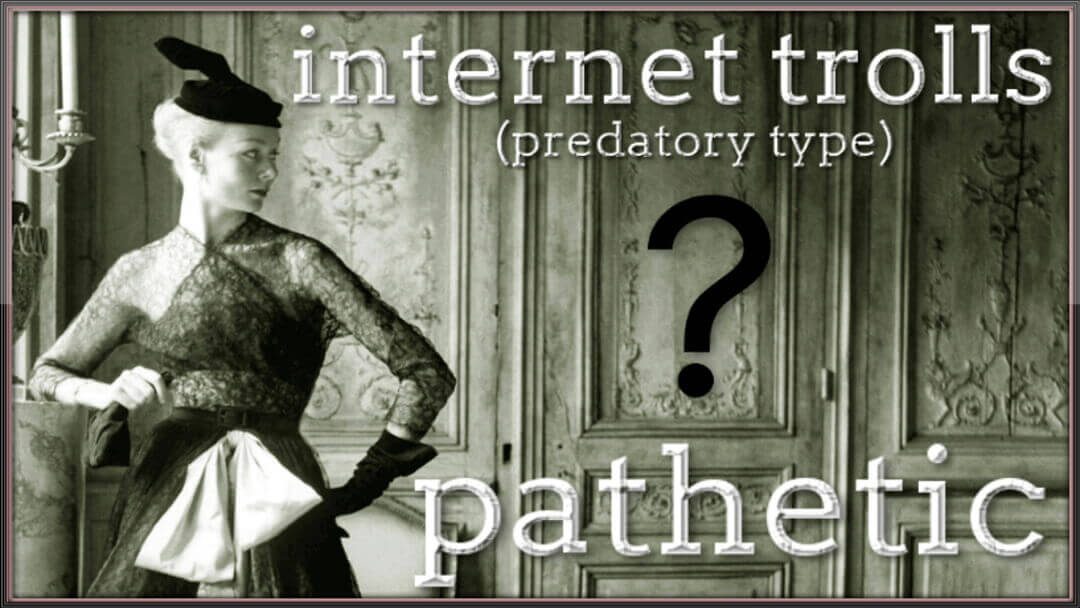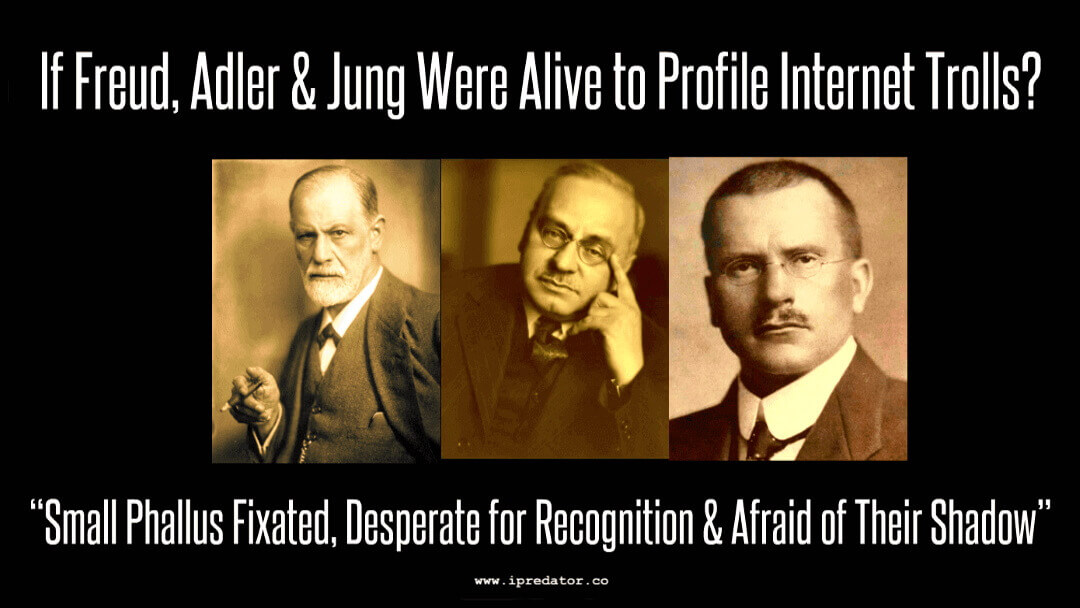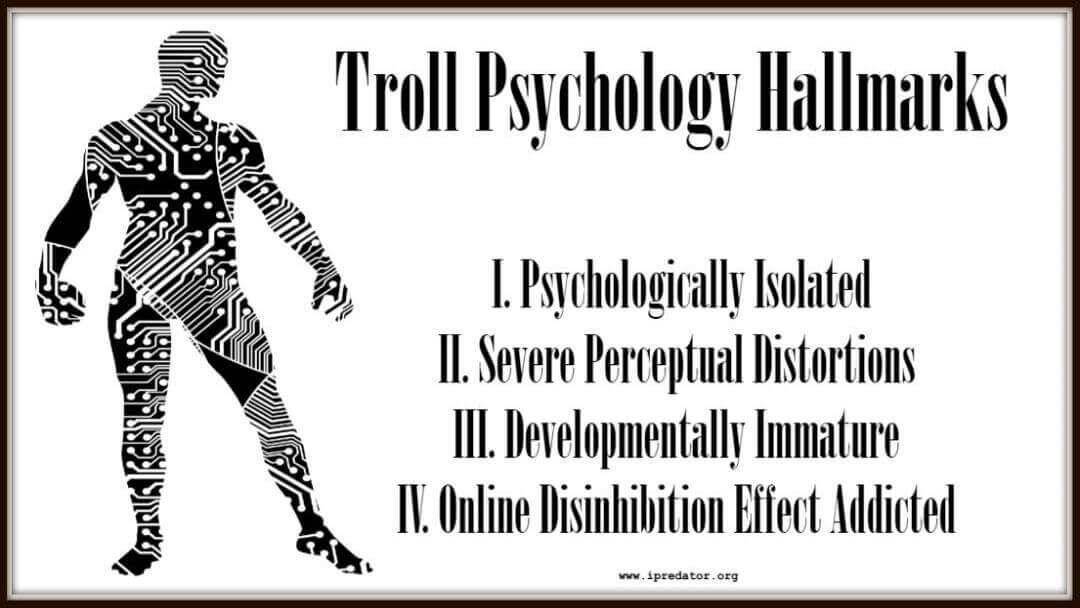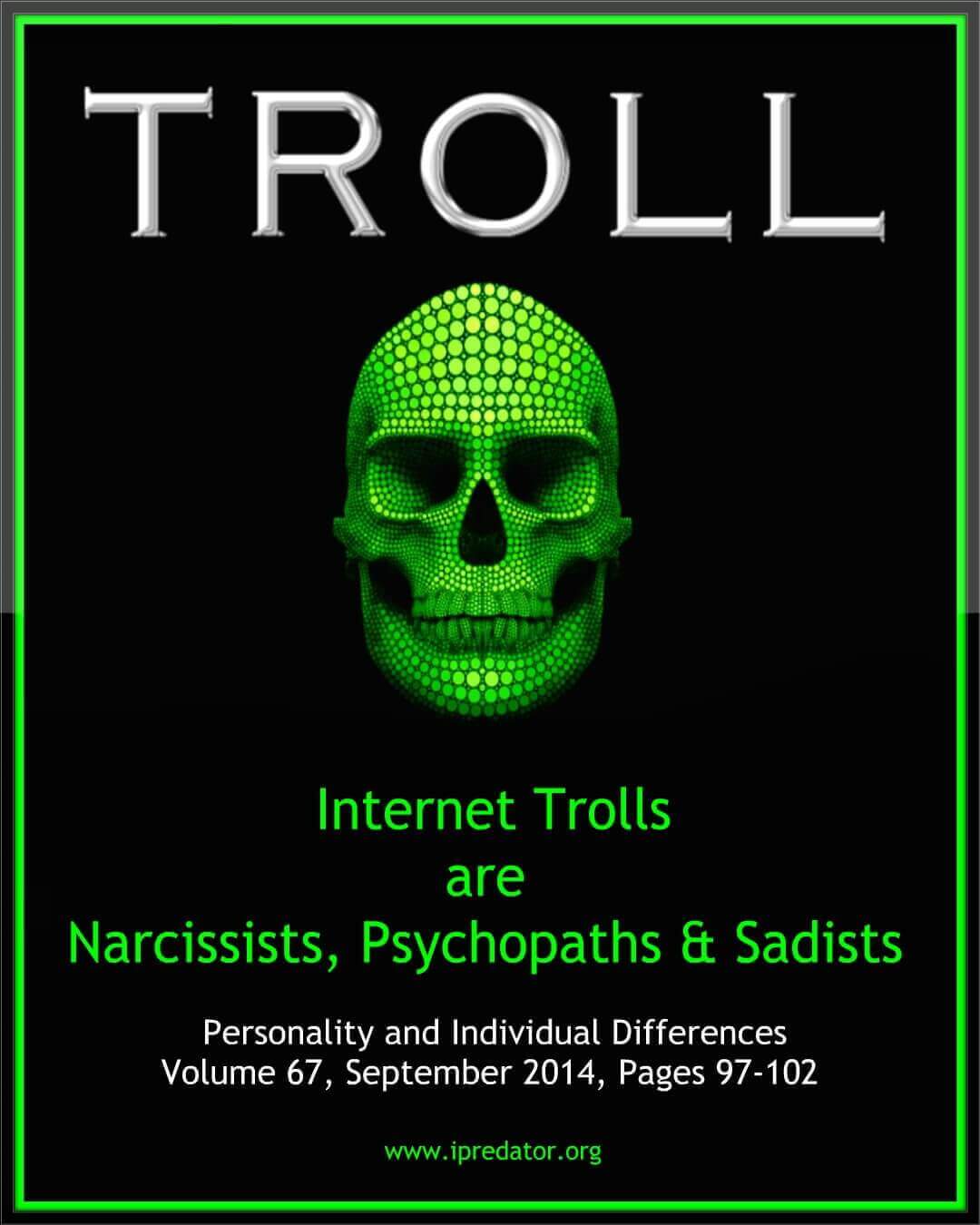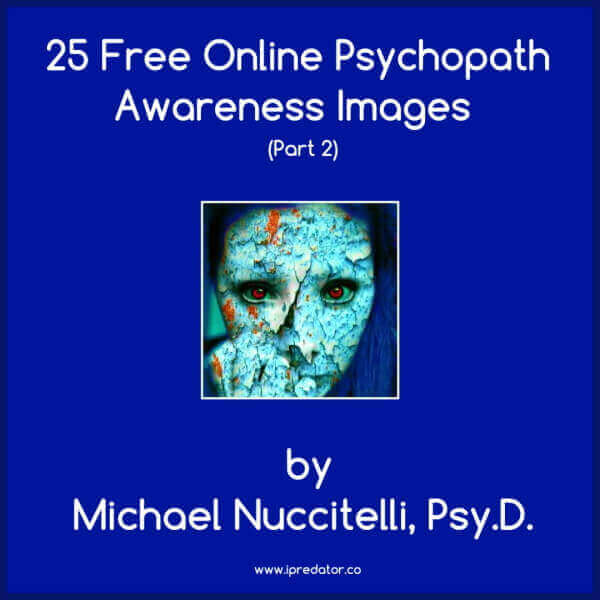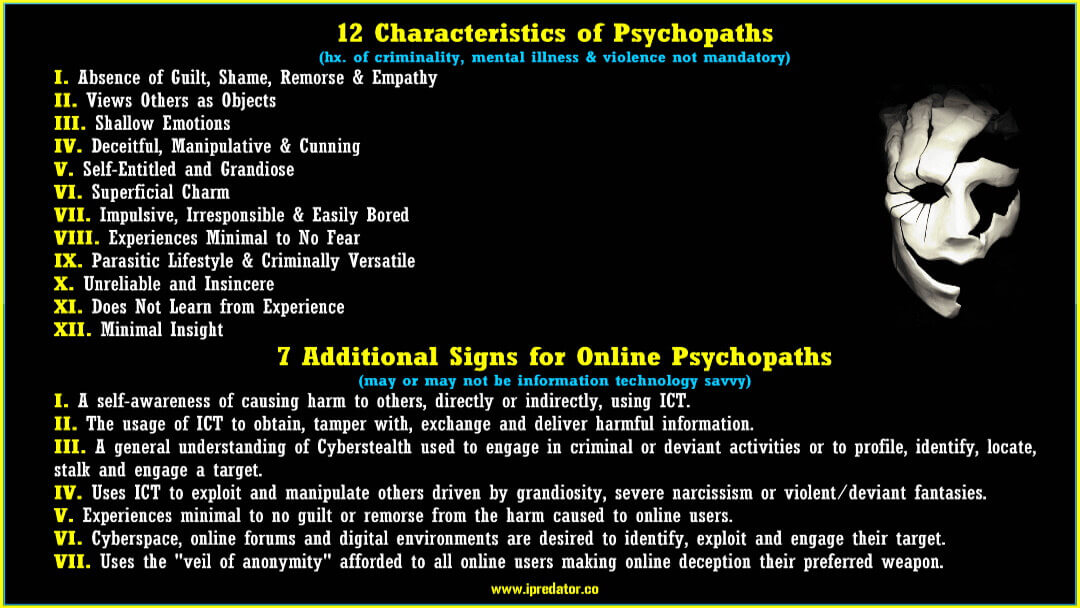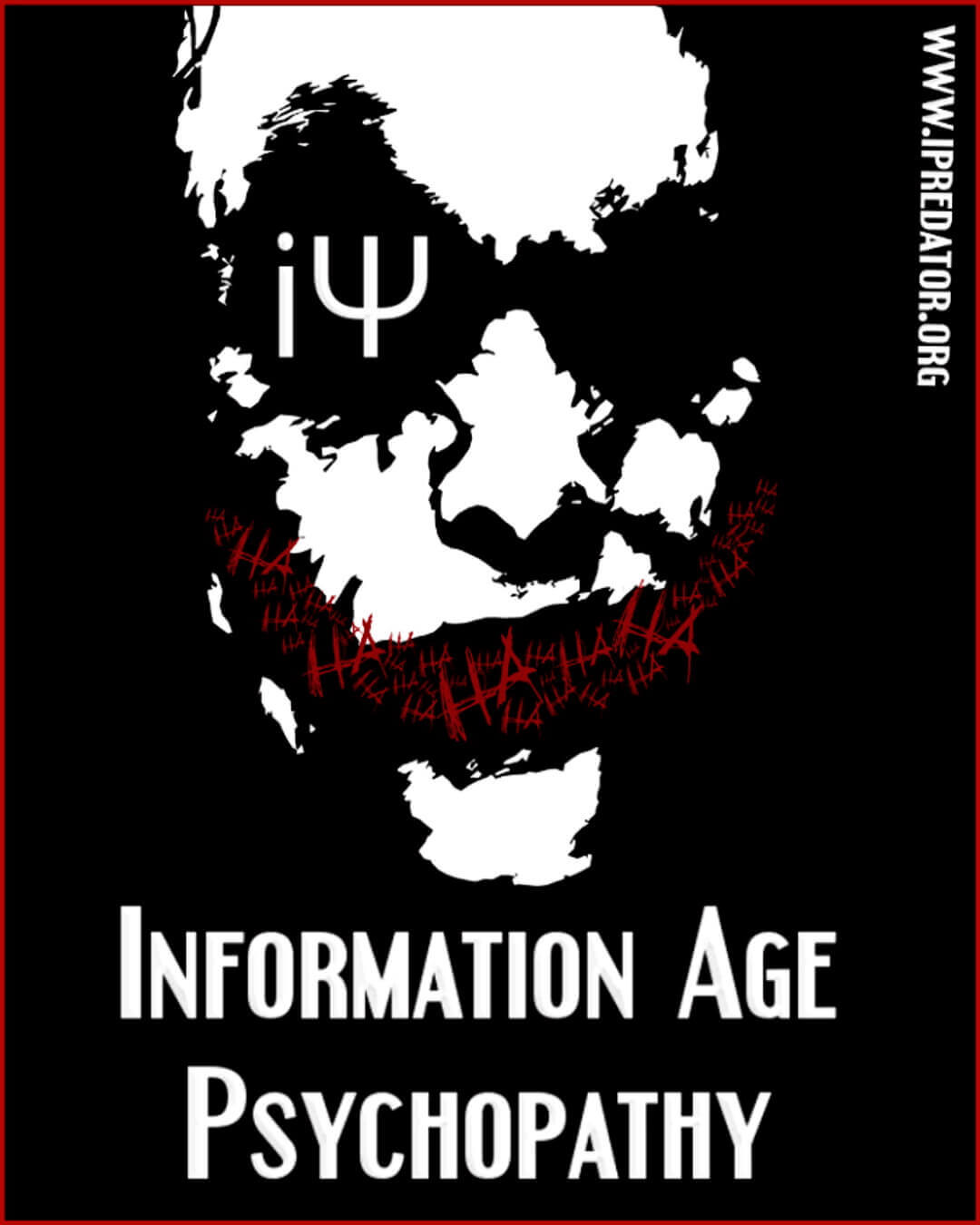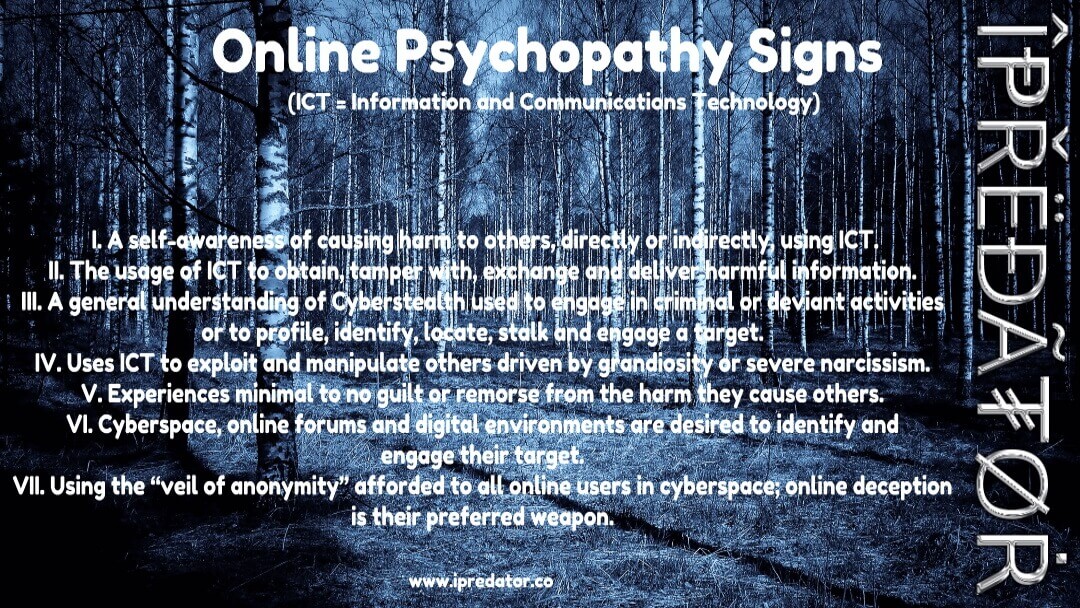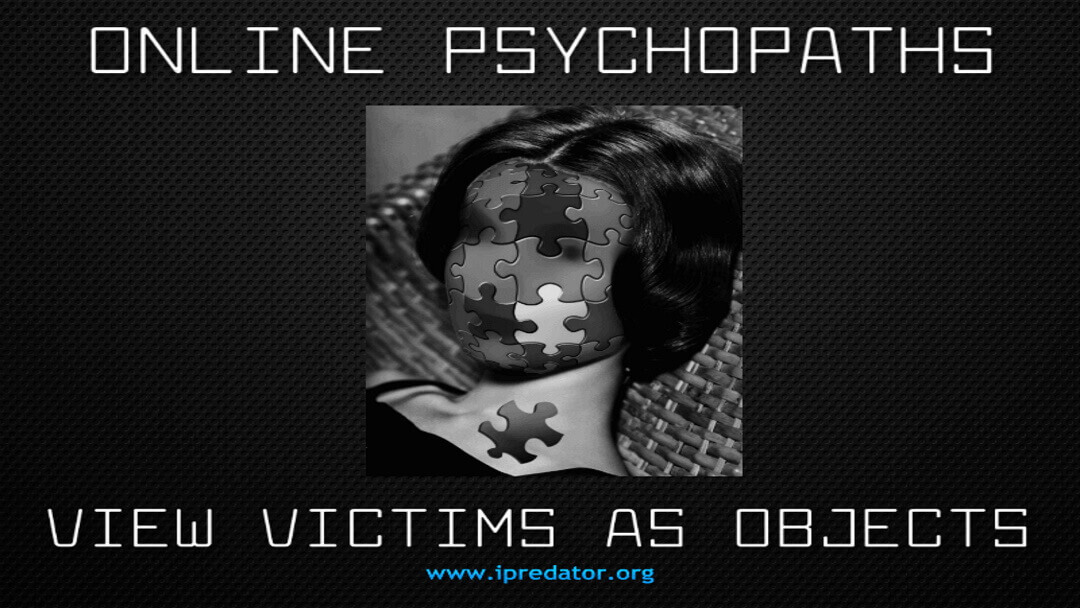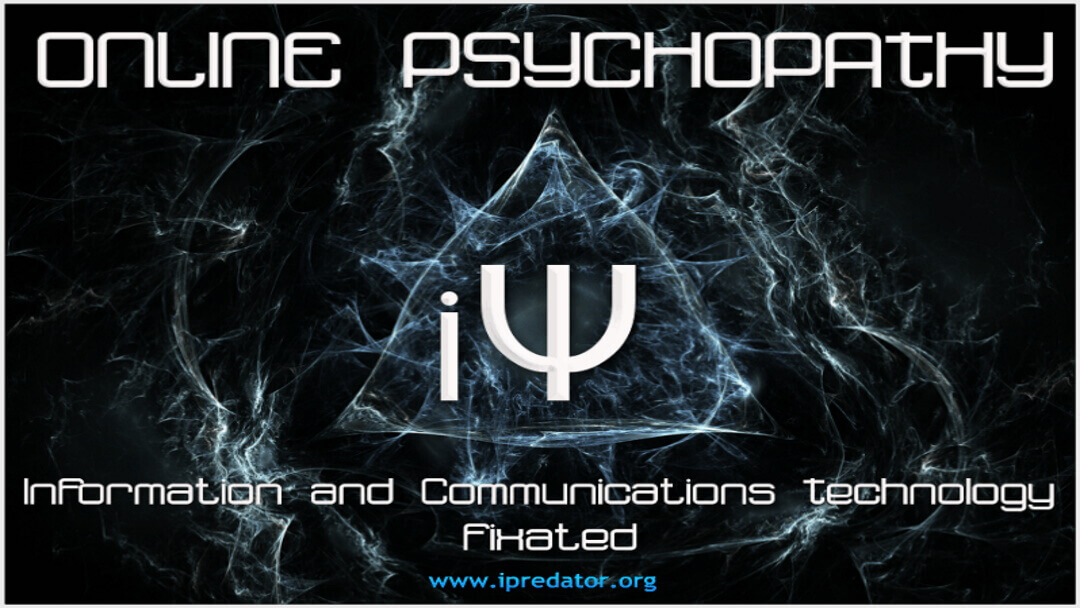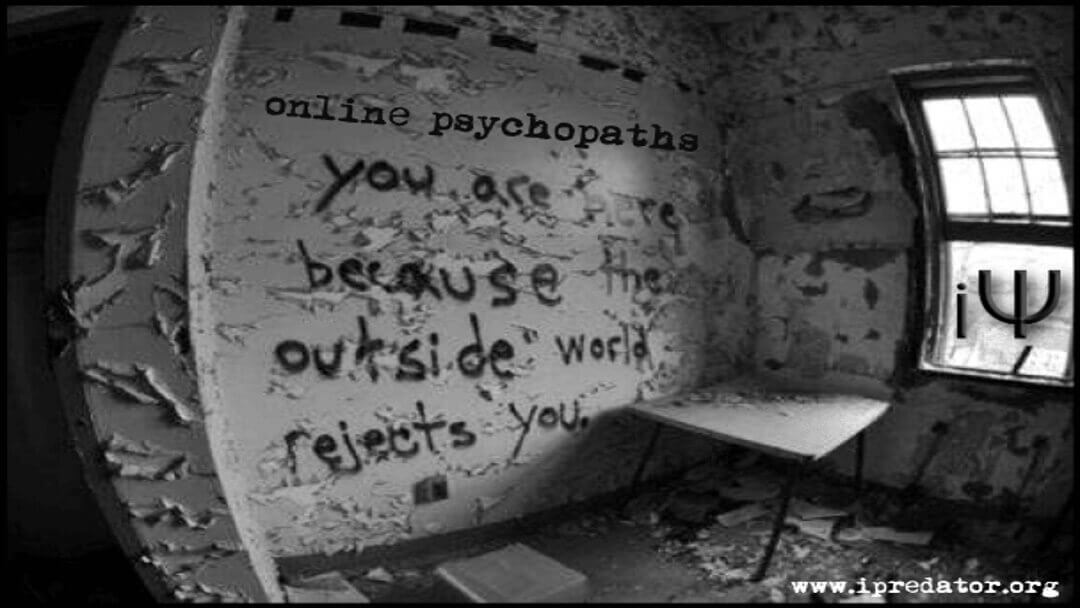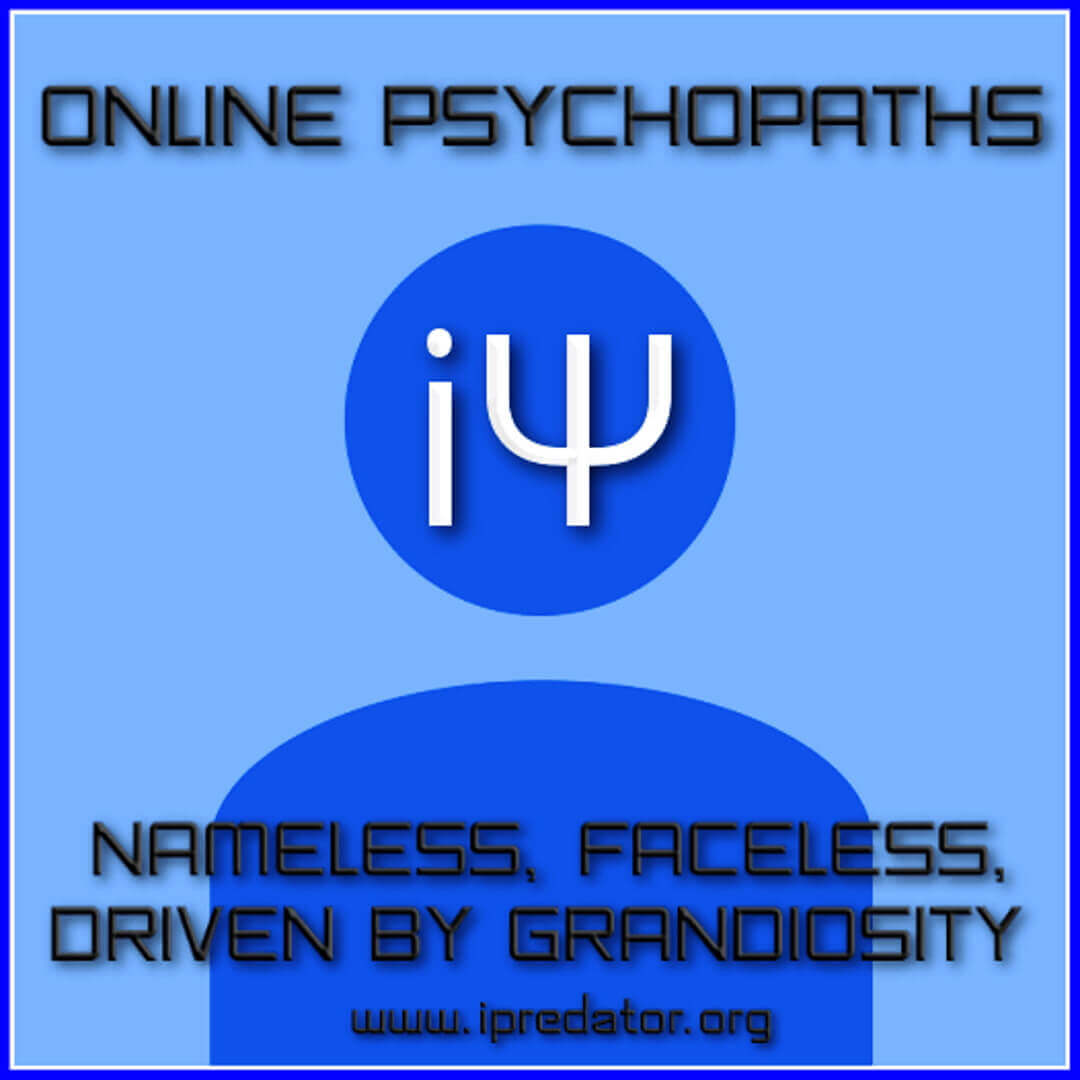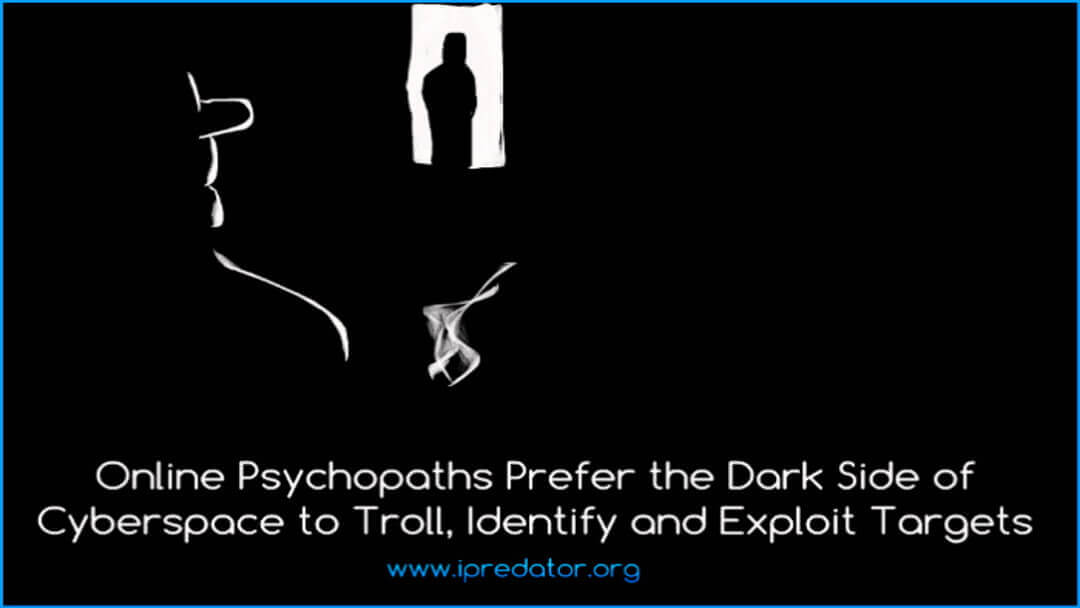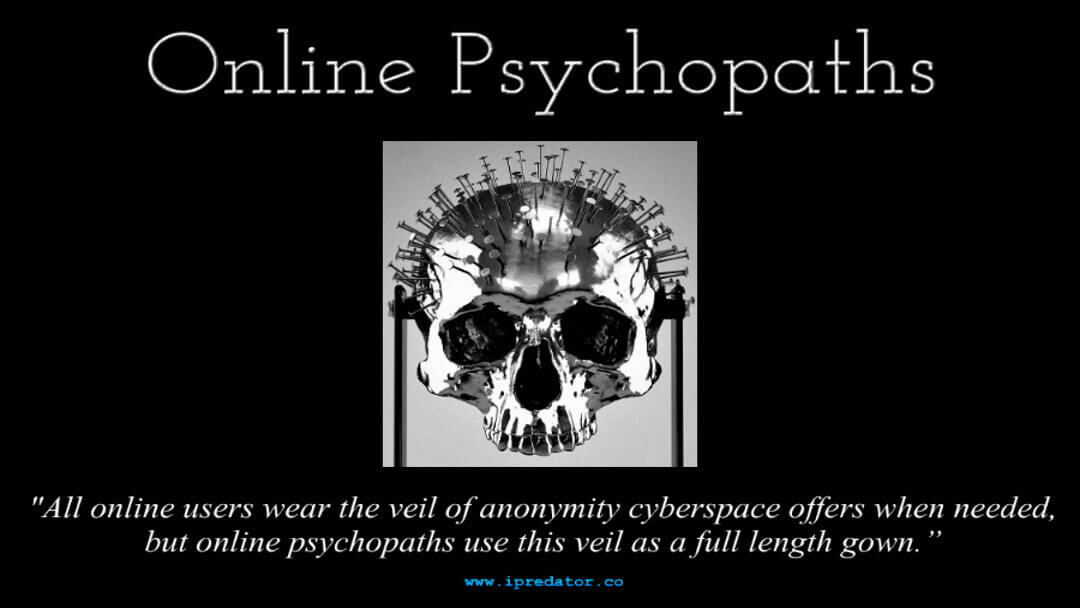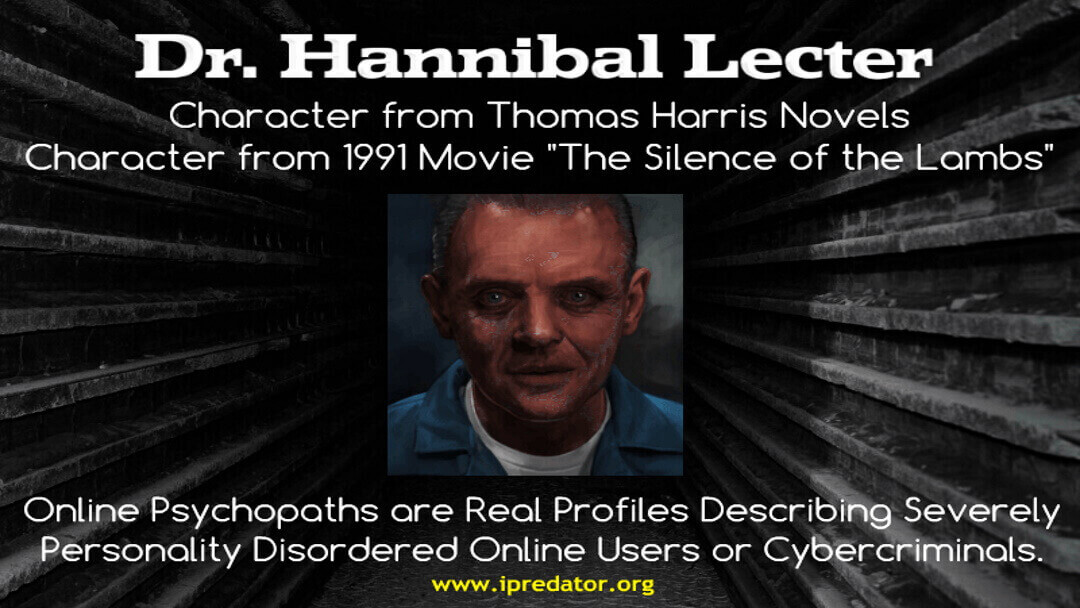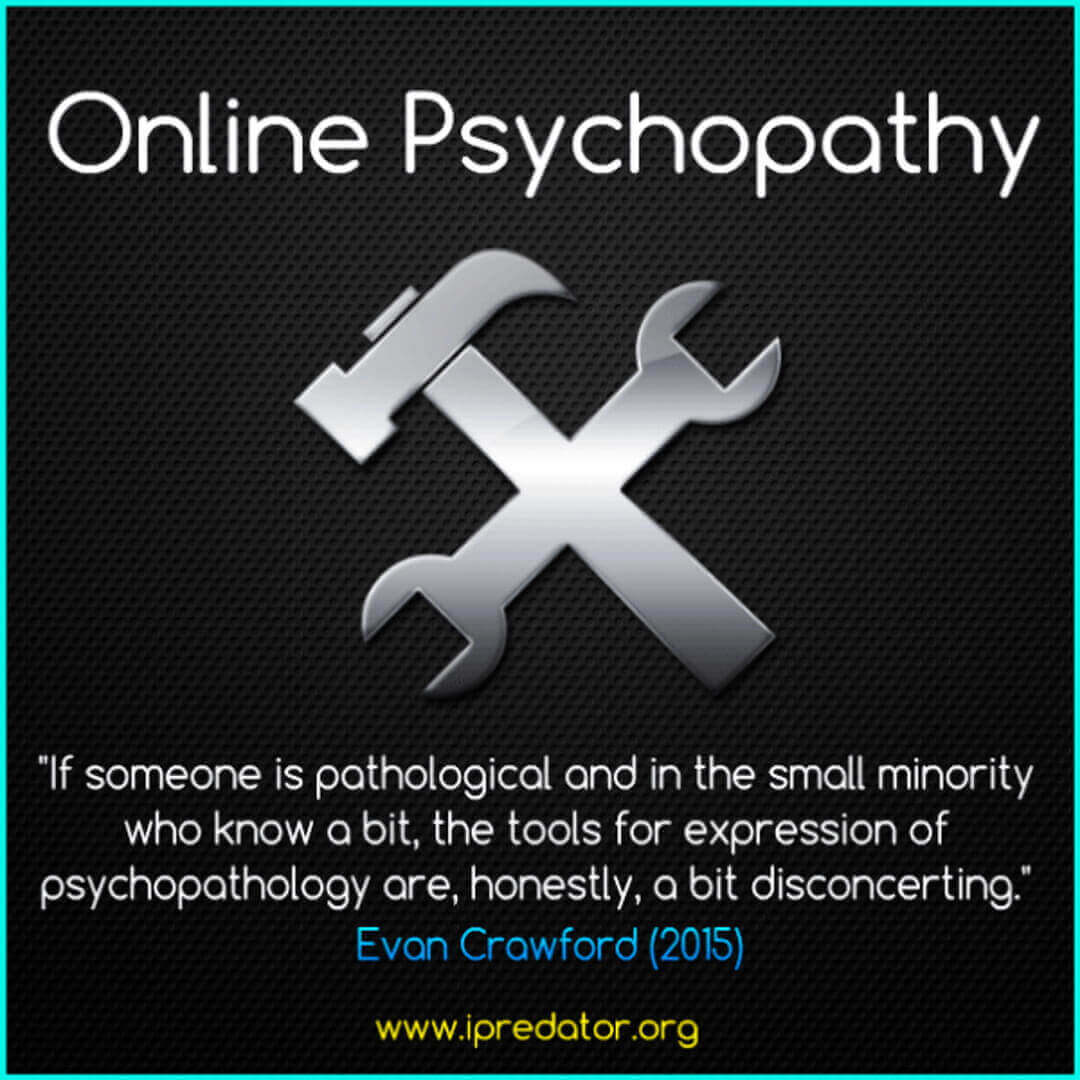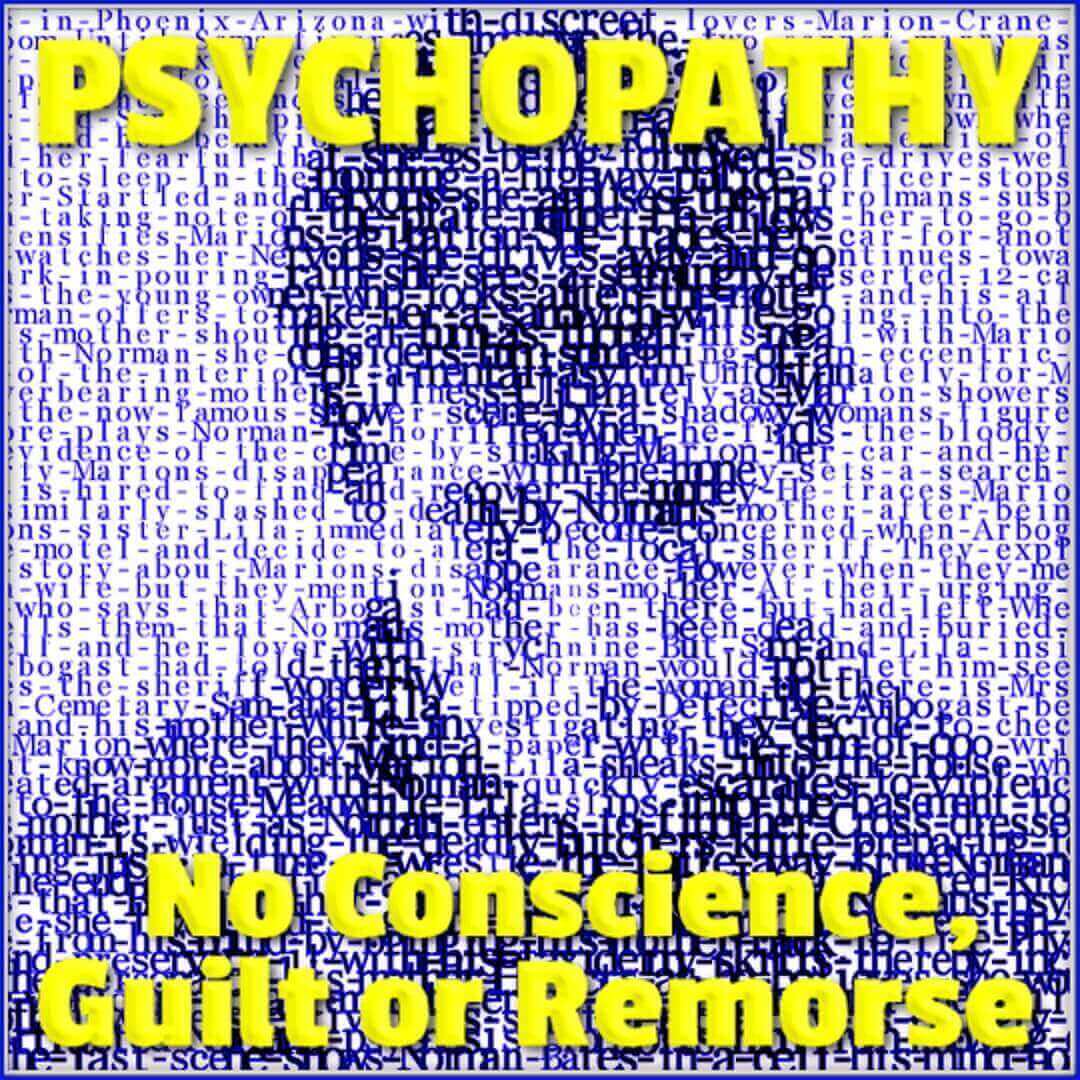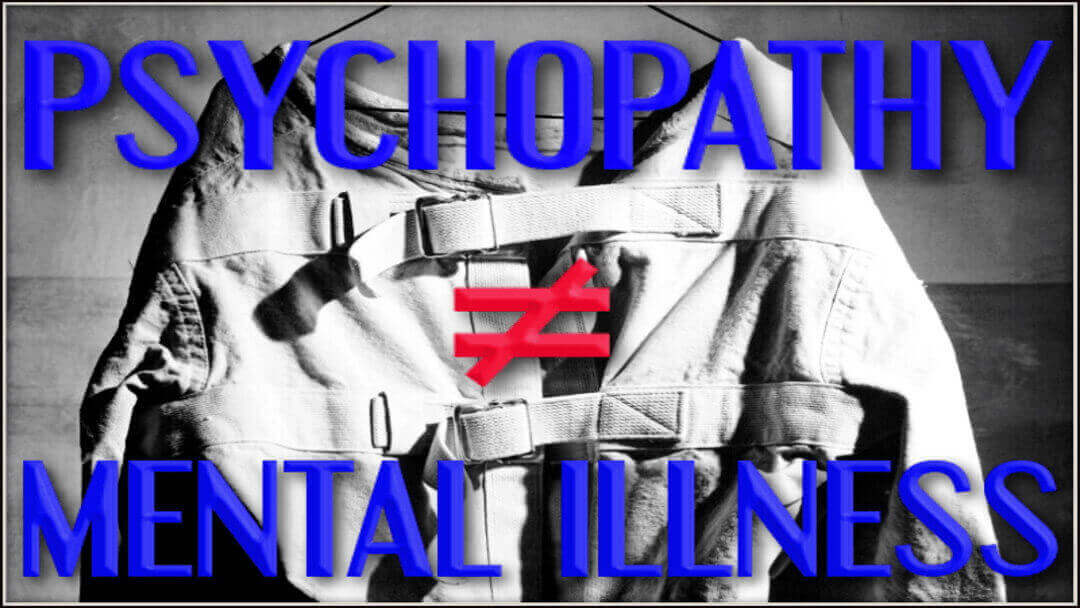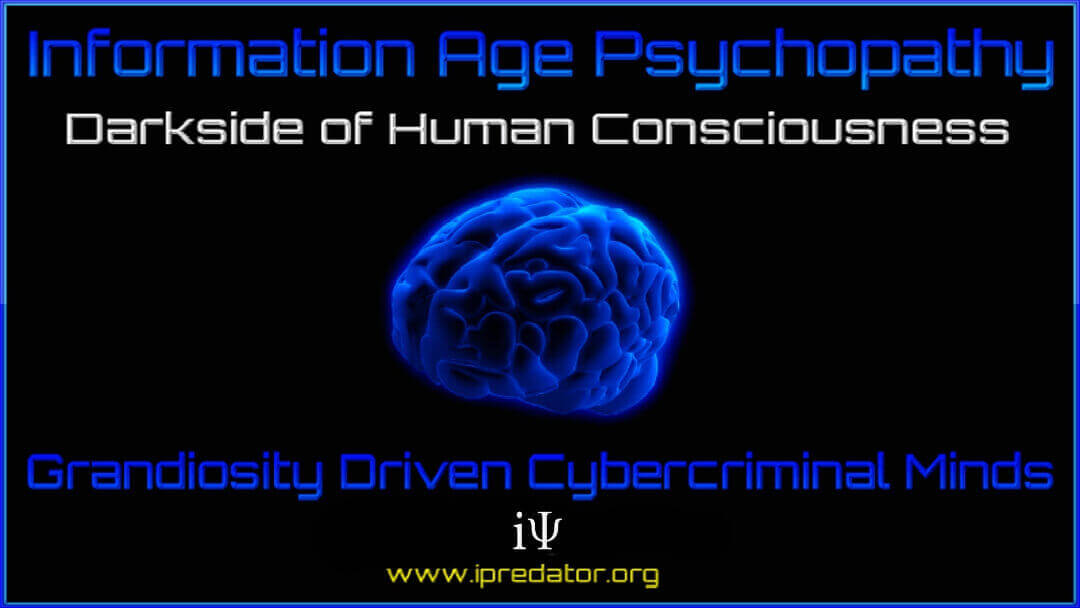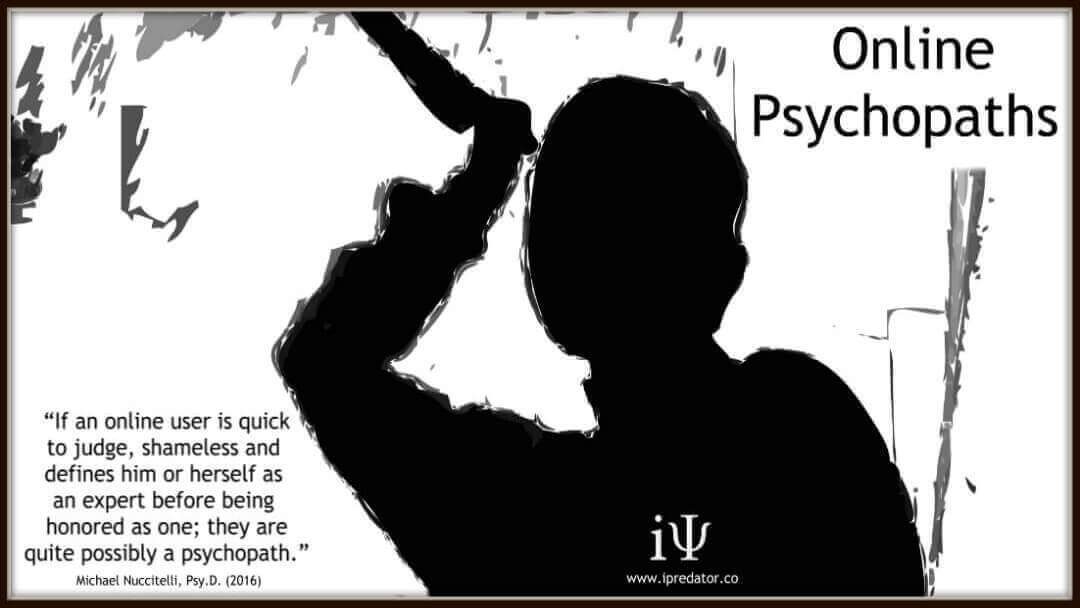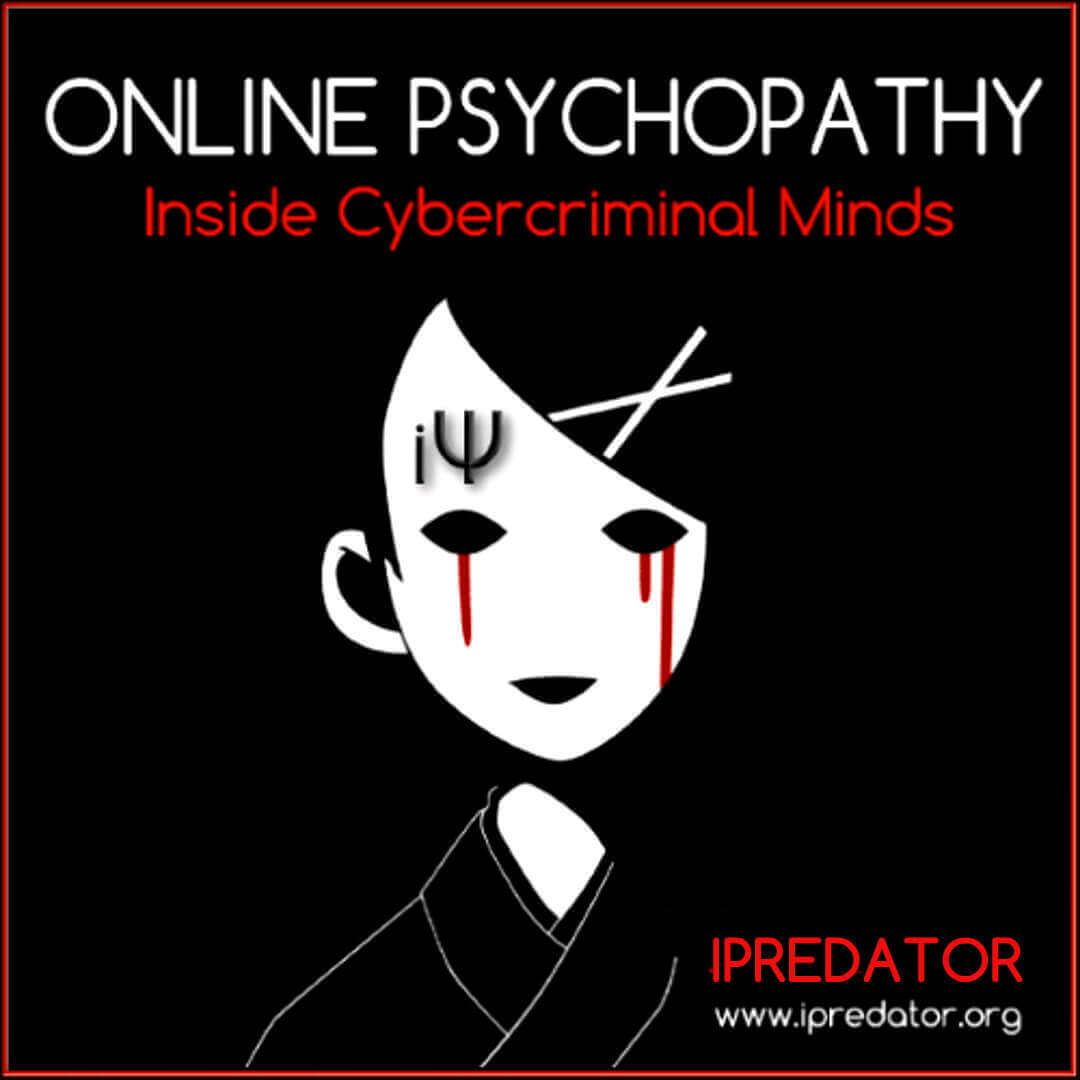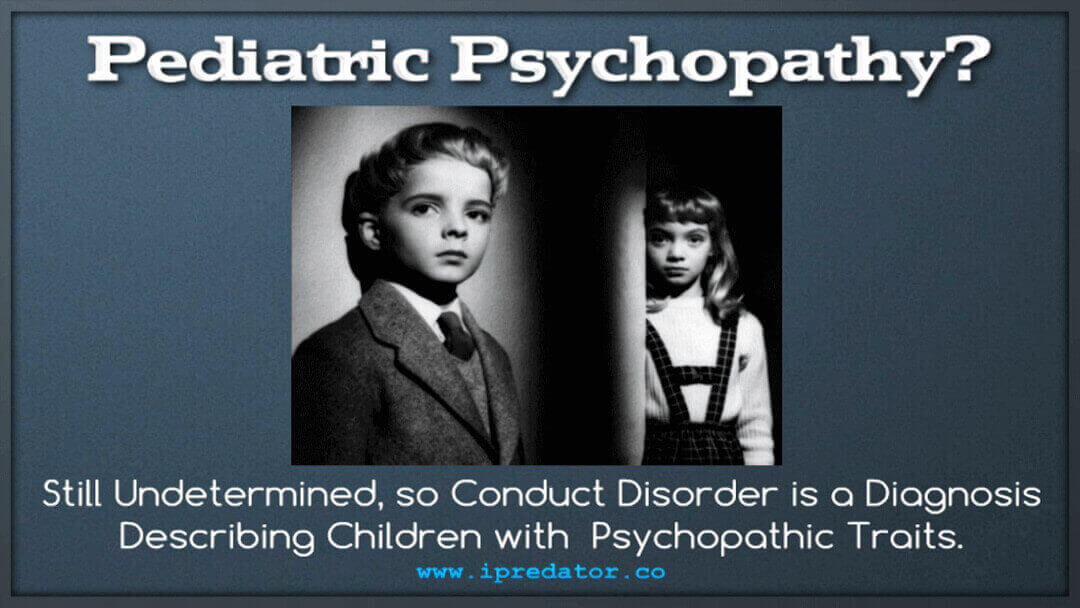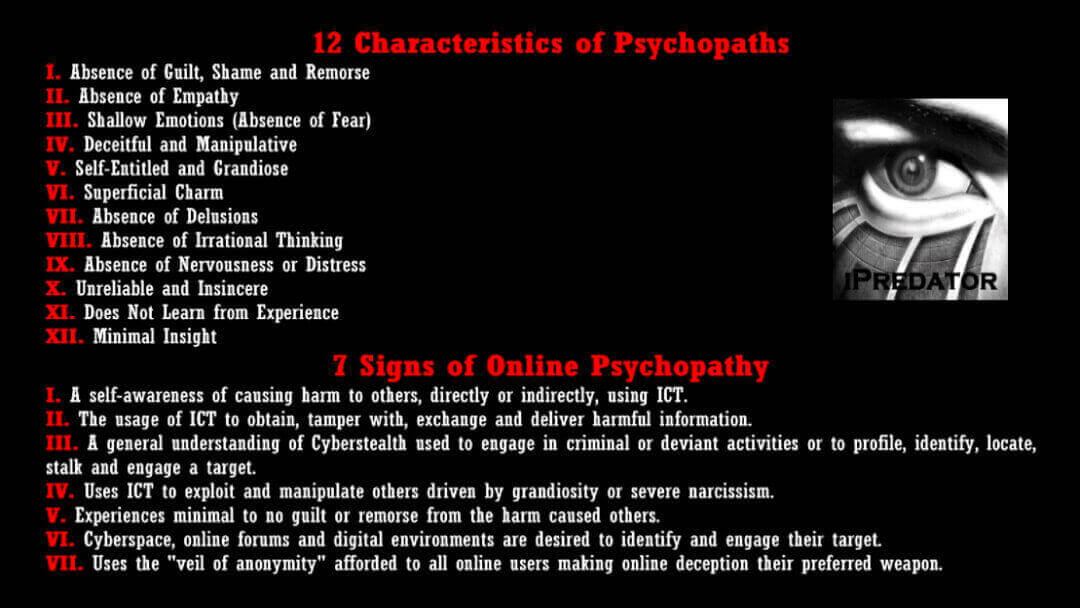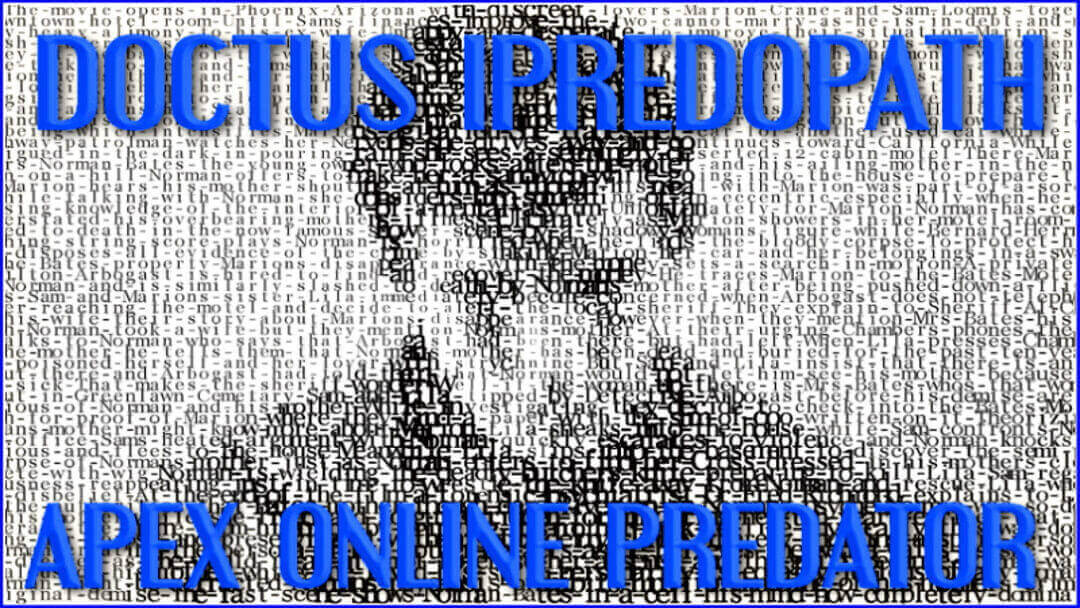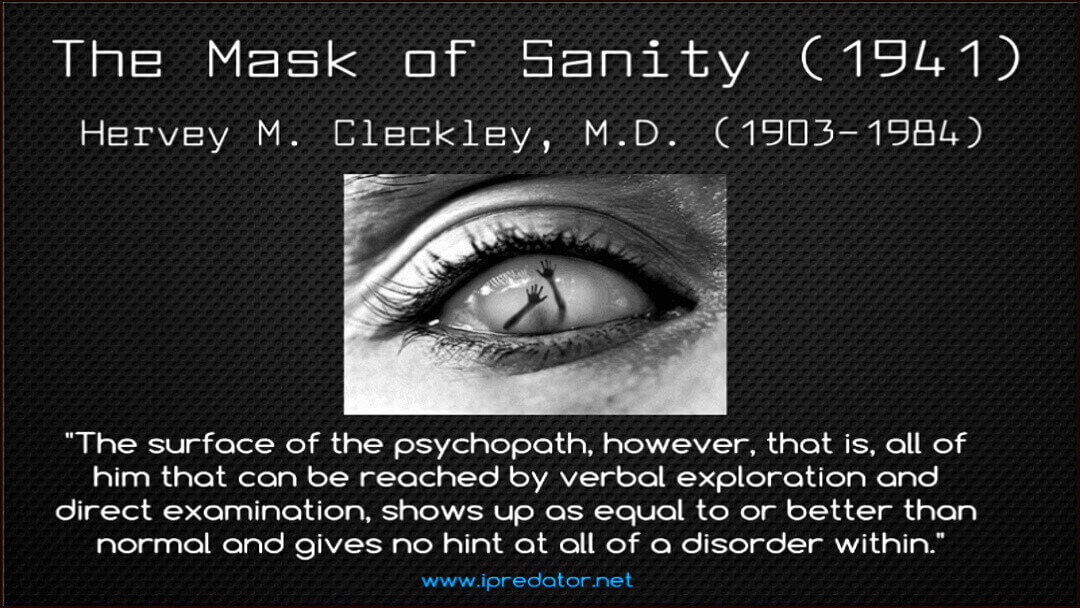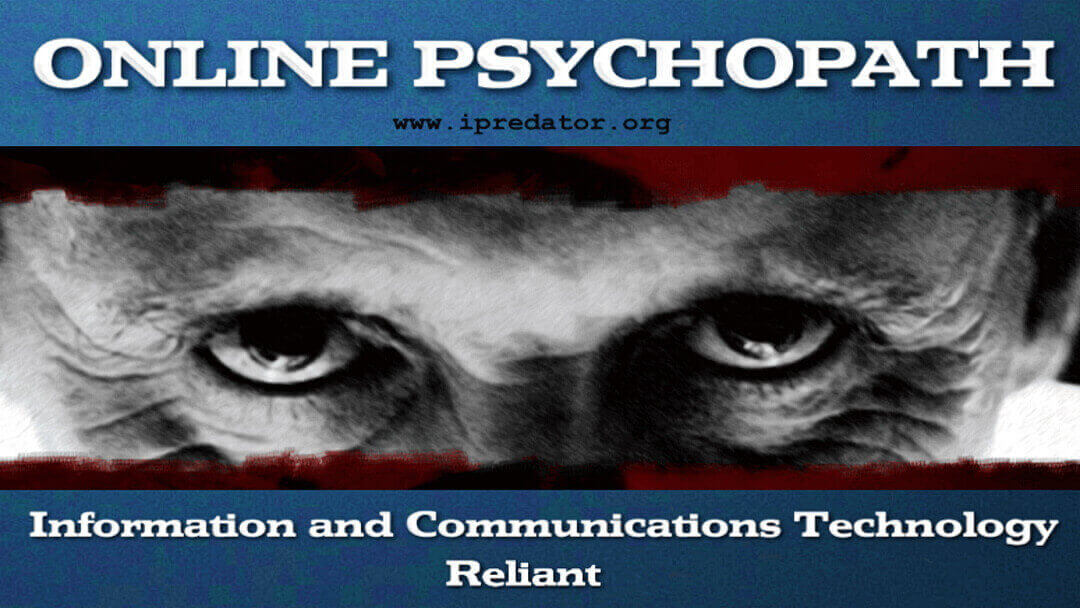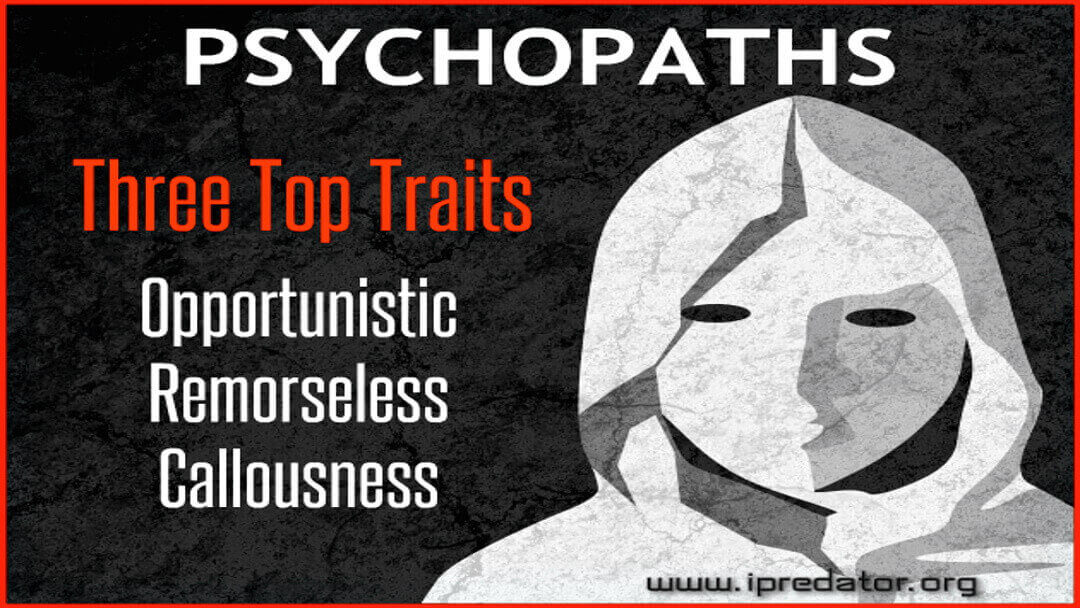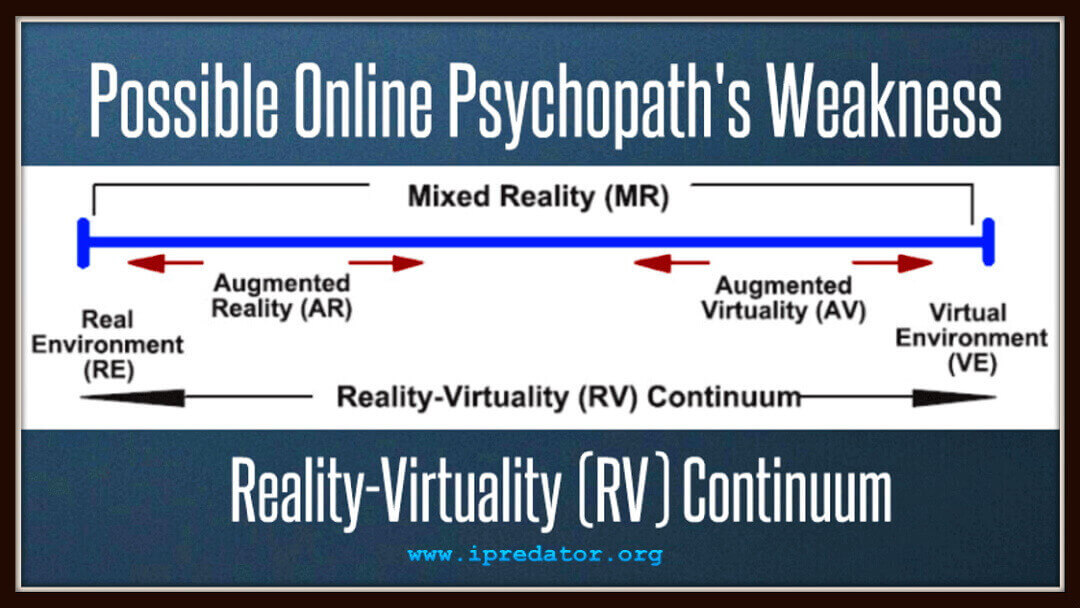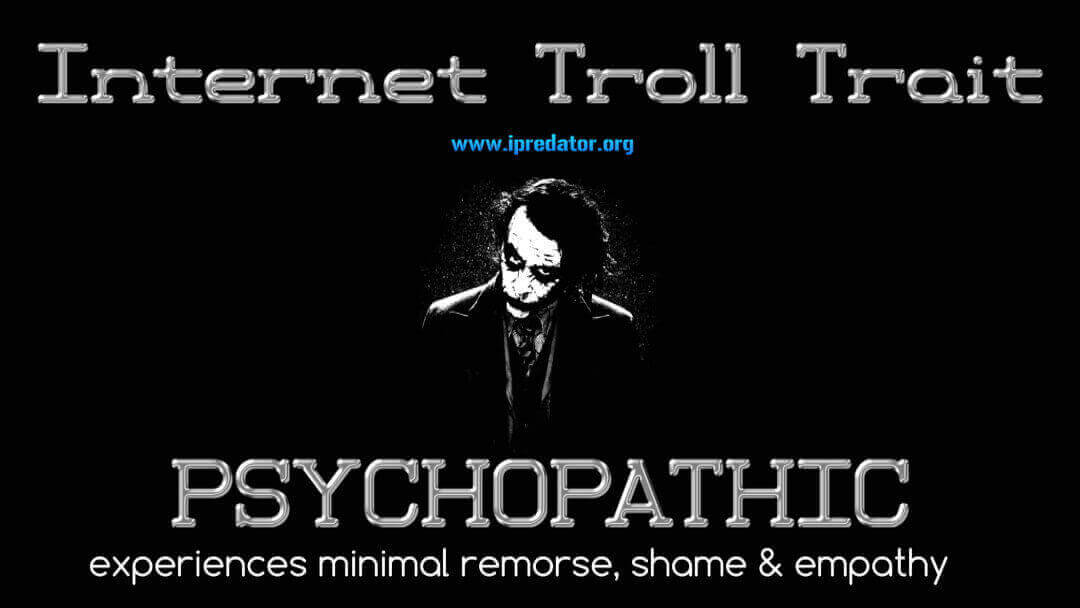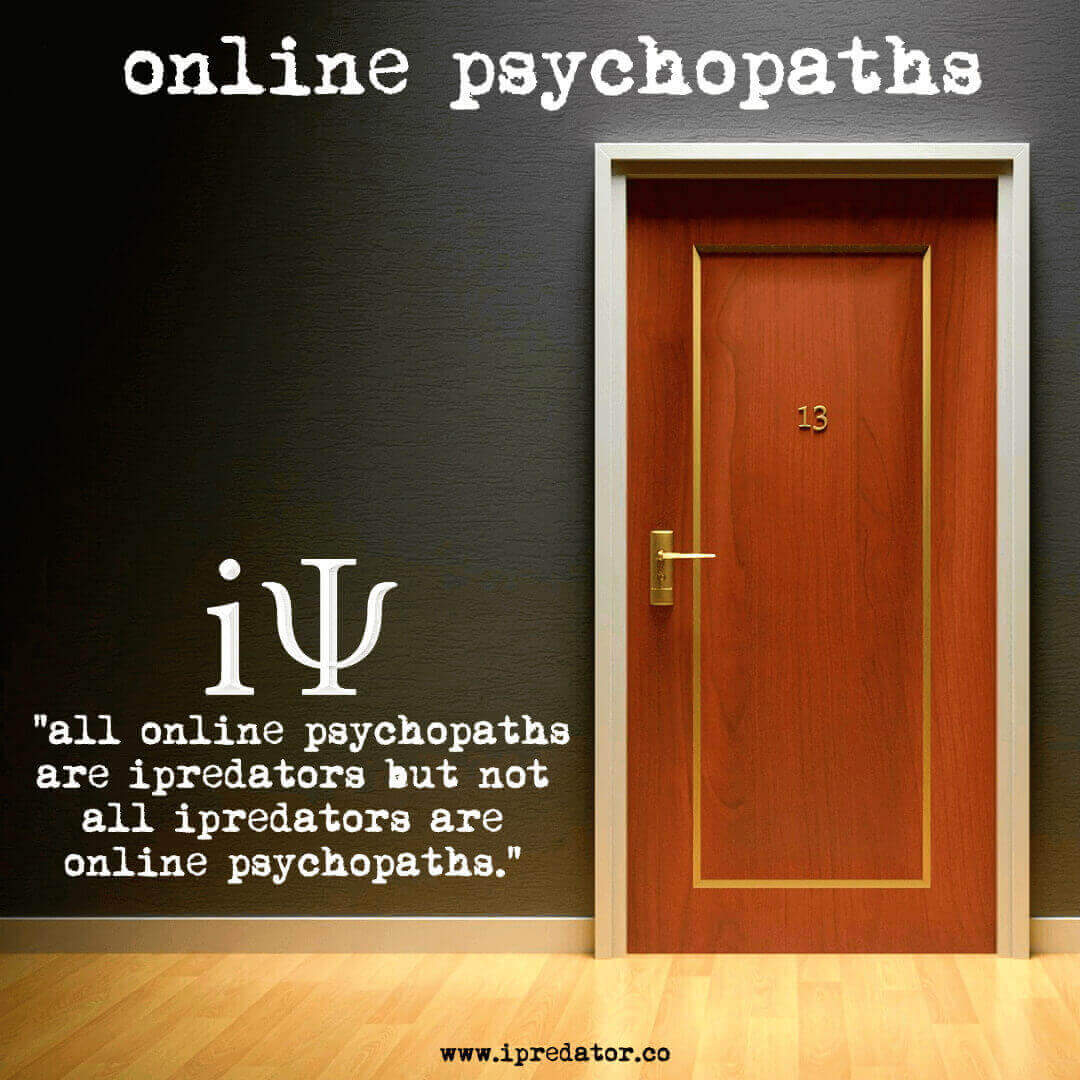25 Free Internet Troll Images by Michael Nuccitelli, Psy.D. (3)
25 Free Internet Troll Awareness Images
by
Michael Nuccitelli, Psy.D.
(Part 3)
Part 3: Provided below are 25 free Internet Troll educational images created by this writer, Michael Nuccitelli, Psy.D. They are JPEG files and either 1080×1080, 1080×1350 or 1080×608 pixels. These images are optimal for Instagram or can be edited to different sizes. Dr. Nuccitelli’s images are available for direct download, free and public domain. Edit them as you wish and no attribution to this writer is required. To download, simply right click the image and “save as” or from your context menu. Over the next 3-4 months, Dr. Nuccitelli will be publishing many more blog posts making all his iPredator themed images available to download. Lastly, pasted below are links to his 26 free online safety themed checklists and inventories.
- Free Internet Troll Images Link 1
- Free Internet Troll Images Link 2
- Free Internet Troll Images Link 3
Internet Troll Definition
Internet Troll is a colloquial expression describing an online user who uses social media and information technology to instigate, tease or provoke others. Their primary goal is to illicit and instigate a negative response from their provocations. For most Internet Trolls, they experience a distorted sense of personal gain rooted in feeling power, control and self-worth by causing others distress and frustration.
Motivated by what this writer calls being successful Online Provocateurs & Cyber Hecklers, an Internet Troll’s sense of power and control is directly correlated to the volume and depth of distress and anger they cause others. The Internet Troll is driven by the adage “The more online pain, the more troll gain”.
So entrenched in their cyber illusion of distorted power; the Internet Troll experiences a sense of accomplishment when their targets attempt to disparage and humiliate them. As research has indicated; Internet Trolls tend to be sadistic, psychopathic, machiavellian and narcissistic.
Internet Troll Traits
- Most often gender male.
- Spends prolonged periods of time online and likely internet addicted or at risk for becoming internet dependent.
- Meets all three criteria for being categorized as an iPredator.
- A self-awareness of causing harm to others, directly or indirectly, using ICT.
- The usage of ICT to obtain, tamper with, exchange and deliver harmful information.
- A general understanding of Cyberstealth used to engage in criminal or deviant activities or to profile, identify, locate, stalk and engage a target.
- Tends to have few offline friends and online friends often engage in the same type of online harassment.
- Highly susceptible to the states of de-individuation and the disinhibition effect experienced, to some degree, by all online users. For Internet Trolls, these states are highly influential in their online lives.
- They are psychopathological in experiencing power and control online fueled by their offline reality of being insignificant, angry and alone.
- The severity and magnitude of psychological abuse they inflict upon their online targets is directly correlated to their probability of suffering from an Axis I, Axis II or Dual Diagnose mental illness.
- When online, exhibit a lack of empathy, have minimal capacity to experience shame or guilt and behaves with callousness and a grandiose sense of self .
- From a psychodynamic standpoint, Internet Trolls create and sustain an intra-psychic myth of power, greatness and domination. Although all humanity is guided through life by internal myths and archetypes, the Internet Troll’s myths and archetypes are highly distorted.
- They are developmentally immature, tend to be chronically isolated and have had minimal to no intimate relationships.
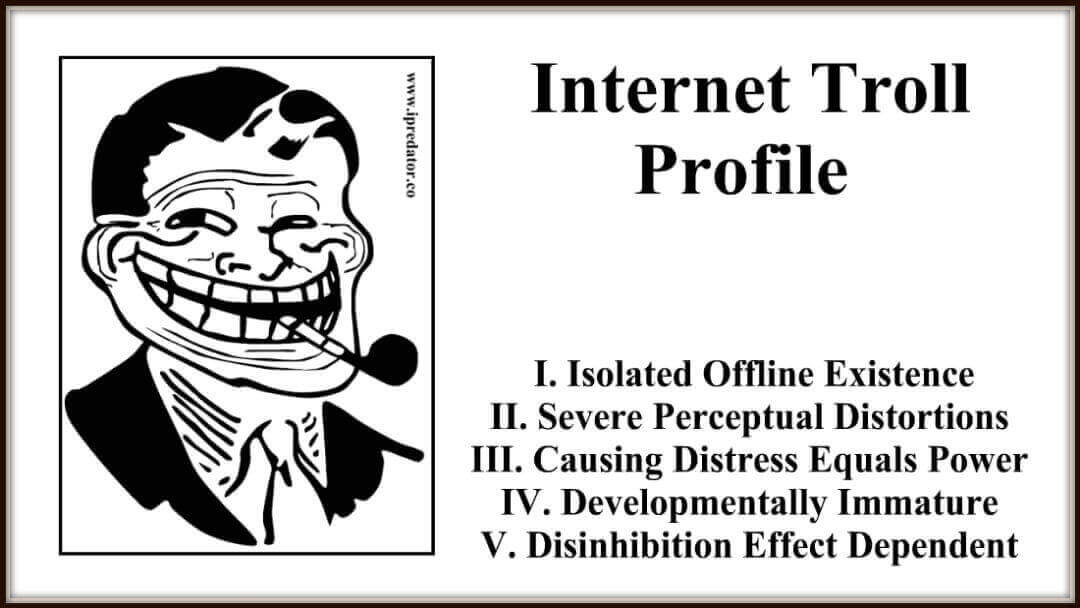
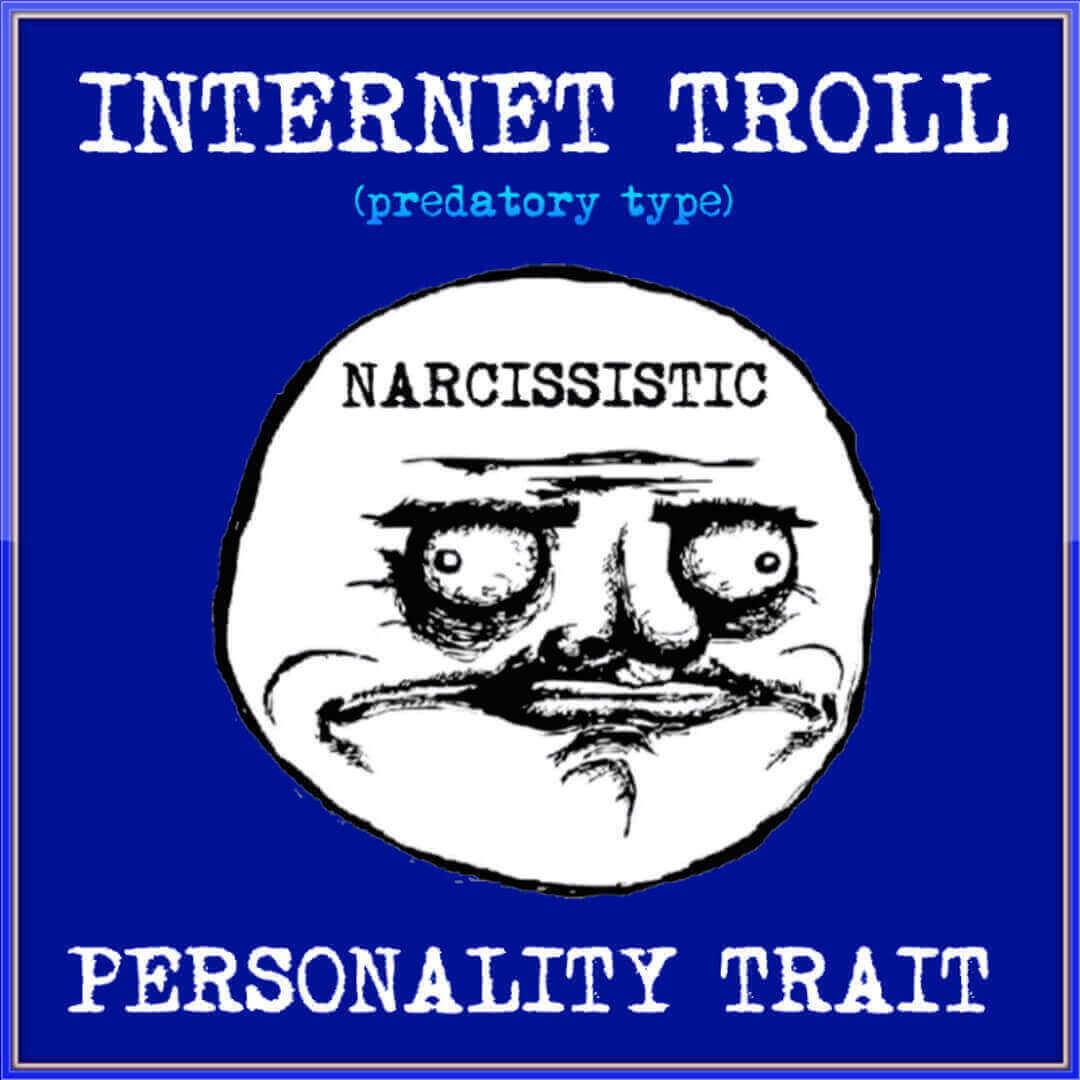
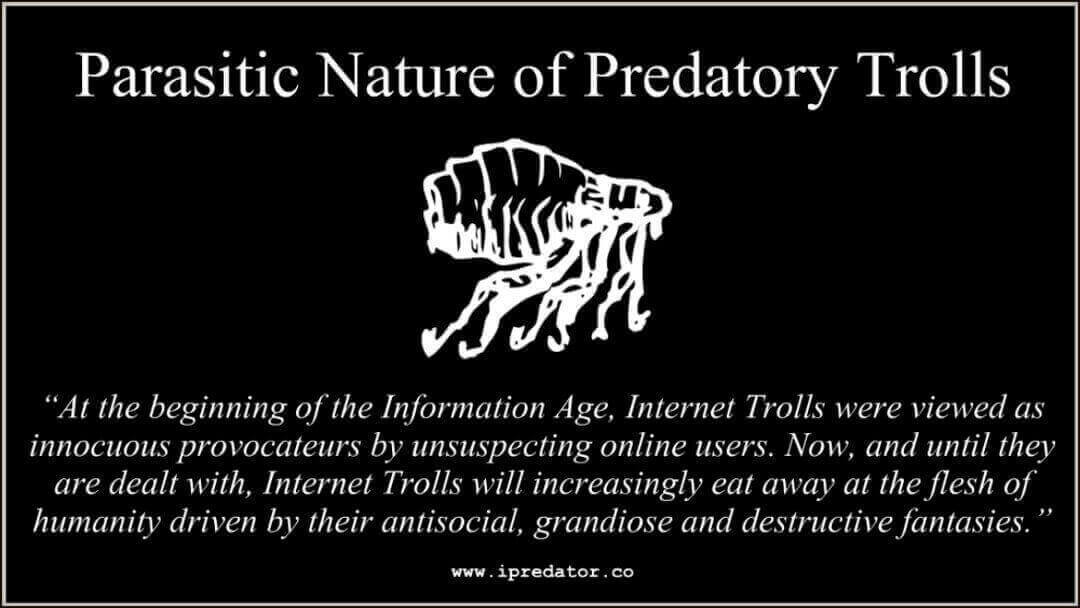

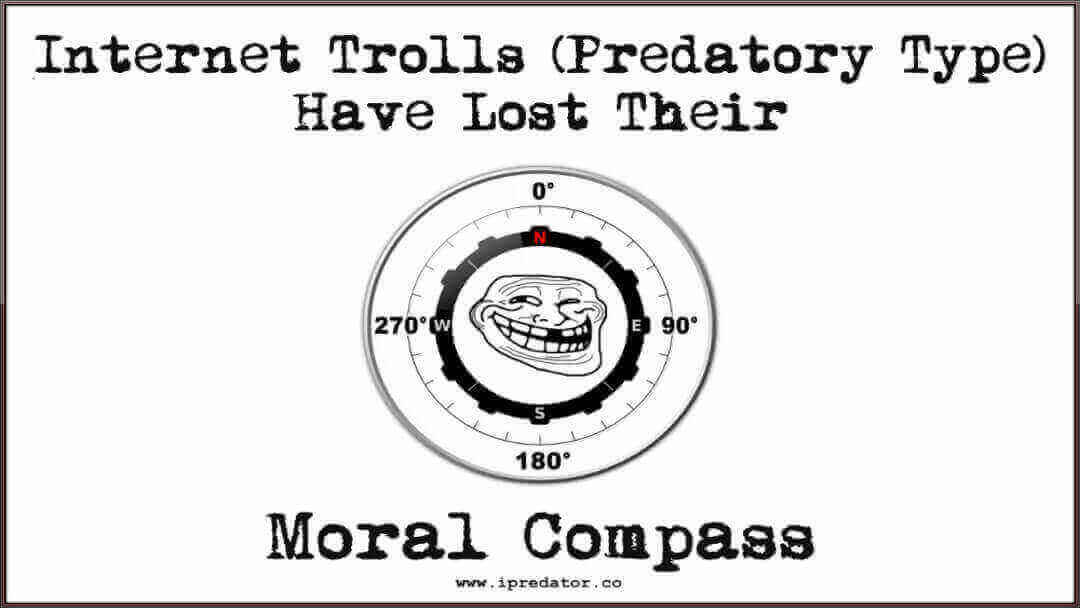
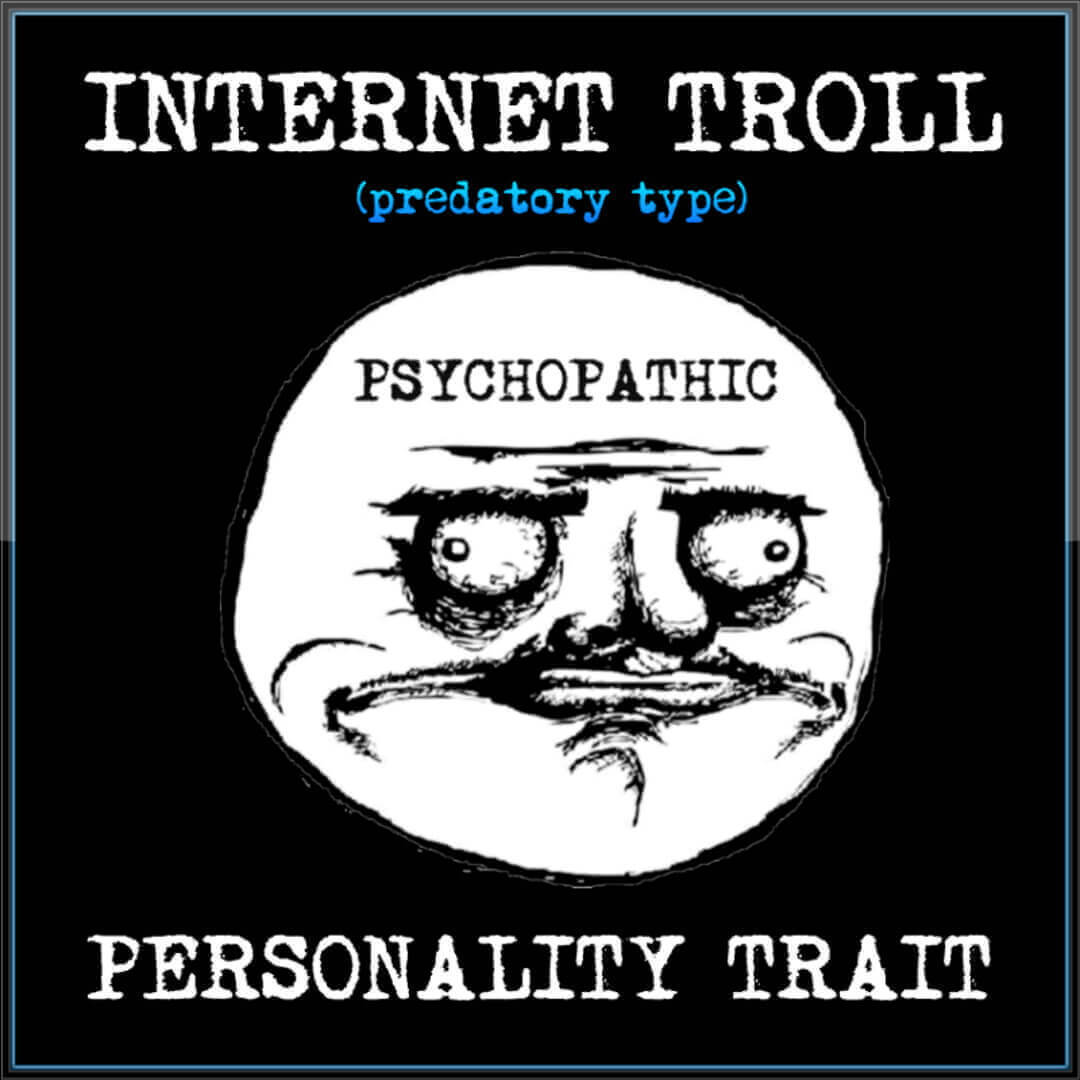

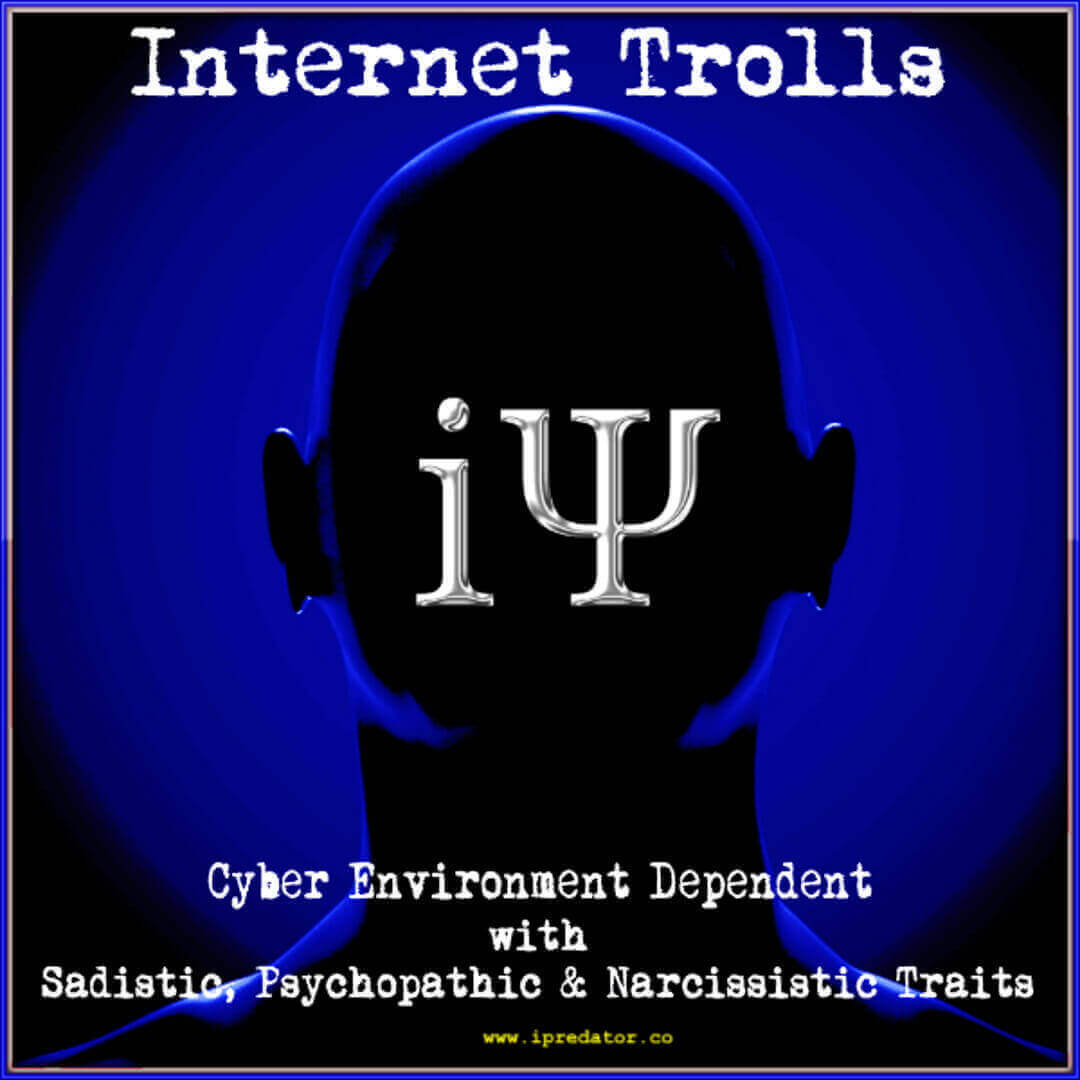



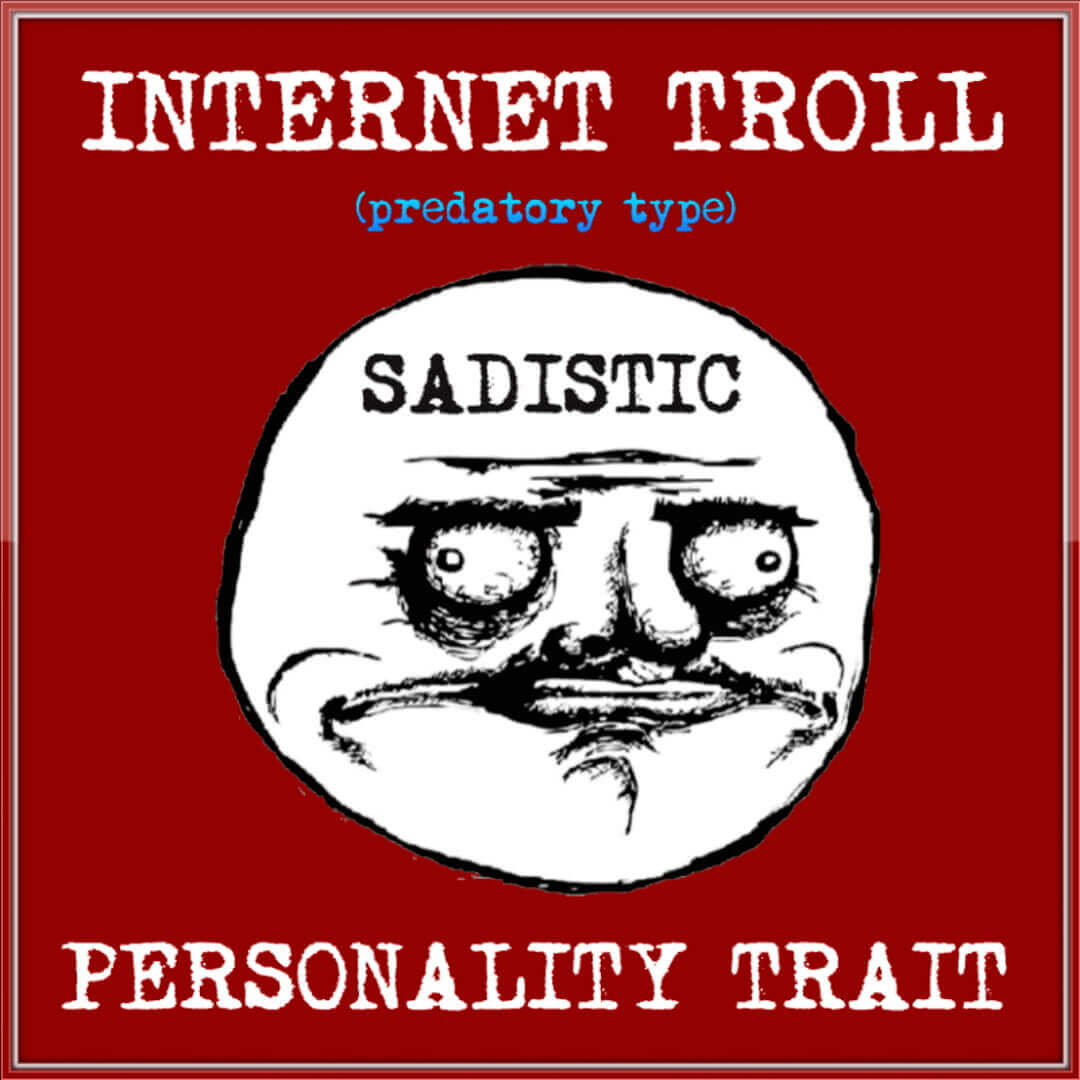



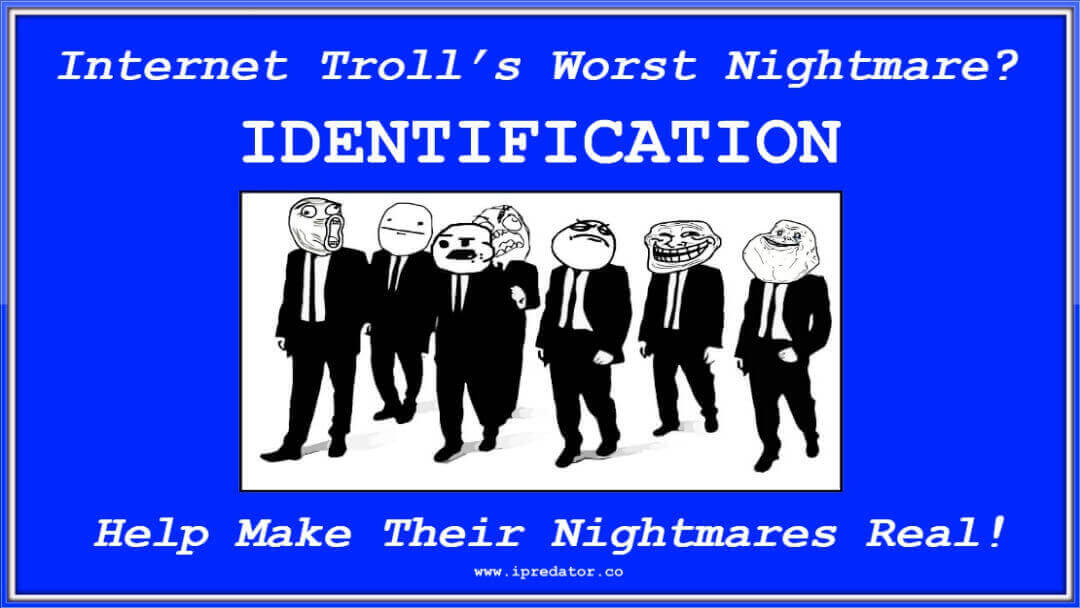

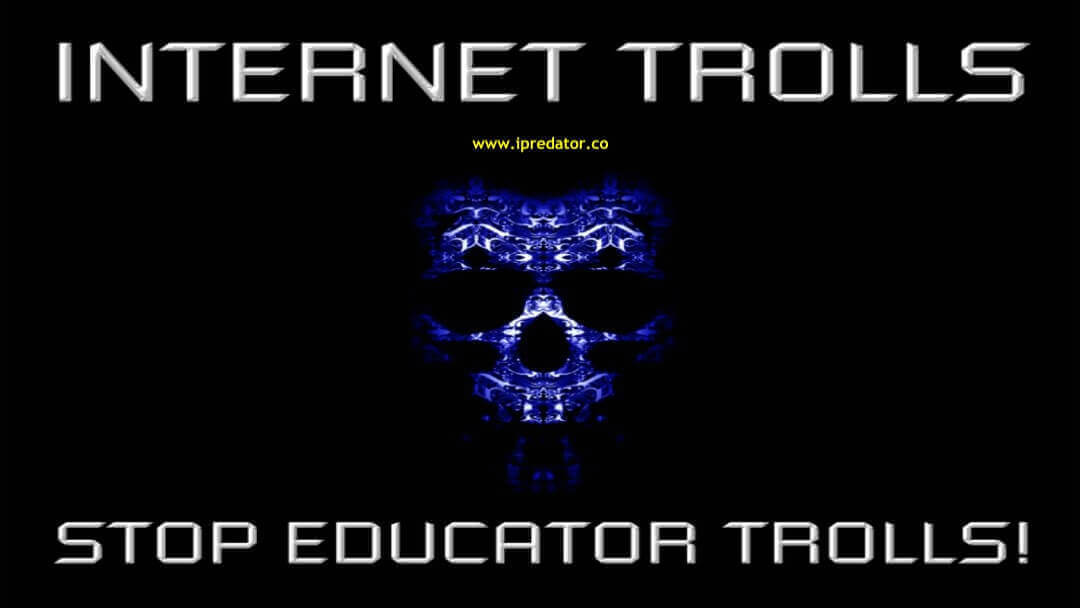






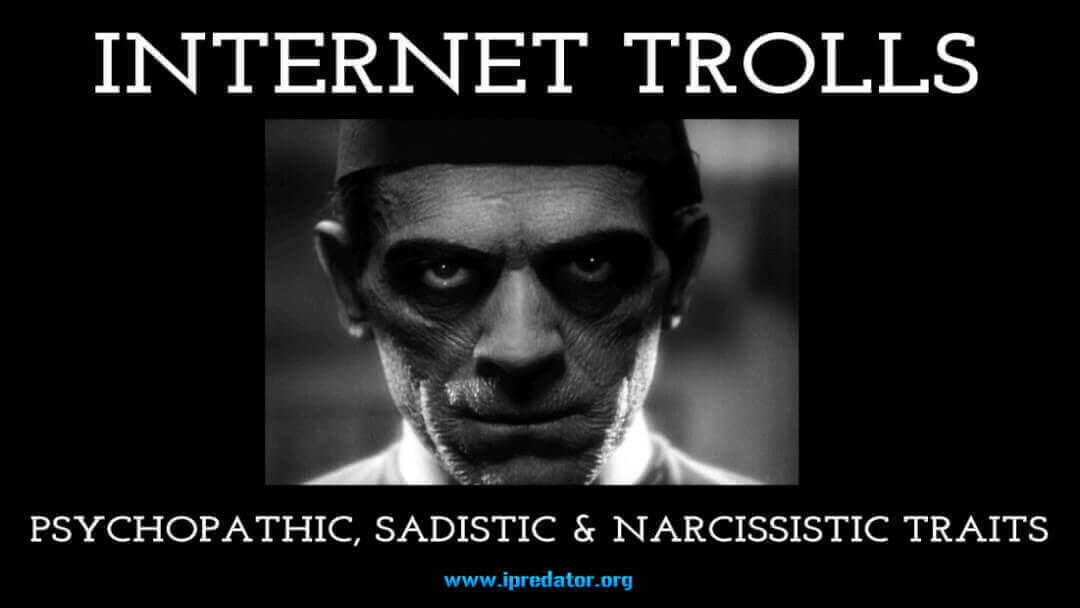
iPredator Predatory Troll Checklist (IPTC)
IPREDATOR INVENTORY LINKS
- iPredator Probability Inventory – 330 (IPI-330)
- iPredator Probability Inventory – Adult (IPI-A)
- iPredator Probability Inventory – Business (IPI-B)
- iPredator Probability Inventory – Cyberbully (IPI-CB)
- iPredator Probability Inventory – Cyberbully Abuser (IPI-CBA)
- iPredator Probability Inventory – Cybercrime (IPI-C)
- iPredator Probability Inventory – Cyberstalking (IPI-CS)
- iPredator Probability Inventory – Educator (IPI-E)
- iPredator Probability Inventory – Internet Predator (IPI-IP)
- iPredator Probability Inventory – Pediatric (IPI-P)
- iPredator Probability Inventory – Psychologist (IPI-PSY)
- iPredator Probability Inventory – Teen (IPI-T)
IPREDATOR CHECKLIST LINKS
- Adult Internet Safety Checklist (AISC)
- Business Internet Safety Checklist (BISC)
- Cyberbully Abuser Checklist (CBAC)
- Cyberbullying Target Checklist (CBTC)
- Cybercrime Protection Checklist (CCPC)
- Cyberstalker Identification Interview (CSII)
- Cyberstalking Prevention Checklist (CSPC)
- Digital Reputation Protection Checklist (DRPC)
- Educator Internet Safety Checklist (EISC)
- Internet Safety Checklist Psychologist (ISCP)
- Online Predator Prevention Checklist (OPPC)
- Parent Cyber Safety Checklist (PCSC)
- Pediatric Internet Safety Checklist (PISC)
- Teen Internet Safety Checklist (TISC)
Michael Nuccitelli, Psy.D.
Michael Nuccitelli, Psy.D. is a NYS licensed psychologist, cyberpsychology researcher and online safety educator. In 2009, Dr. Nuccitelli finalized his dark side of cyberspace concept called iPredator. Since 2010, he has advised those seeking information about cyberbullying, cyberstalking, cybercriminal minds, internet addiction and his Dark Psychology concept. By day Dr. Nuccitelli is a practicing psychologist, clinical supervisor and owner of MN Psychological Services, PLLC. After work and on the weekends, he volunteers helping online users who have been cyber-attacked. Dr. Nuccitelli’s is always available to interested parties and the media at no cost. This website and everything created by Dr. Nuccitelli is educational, free and public domain.
